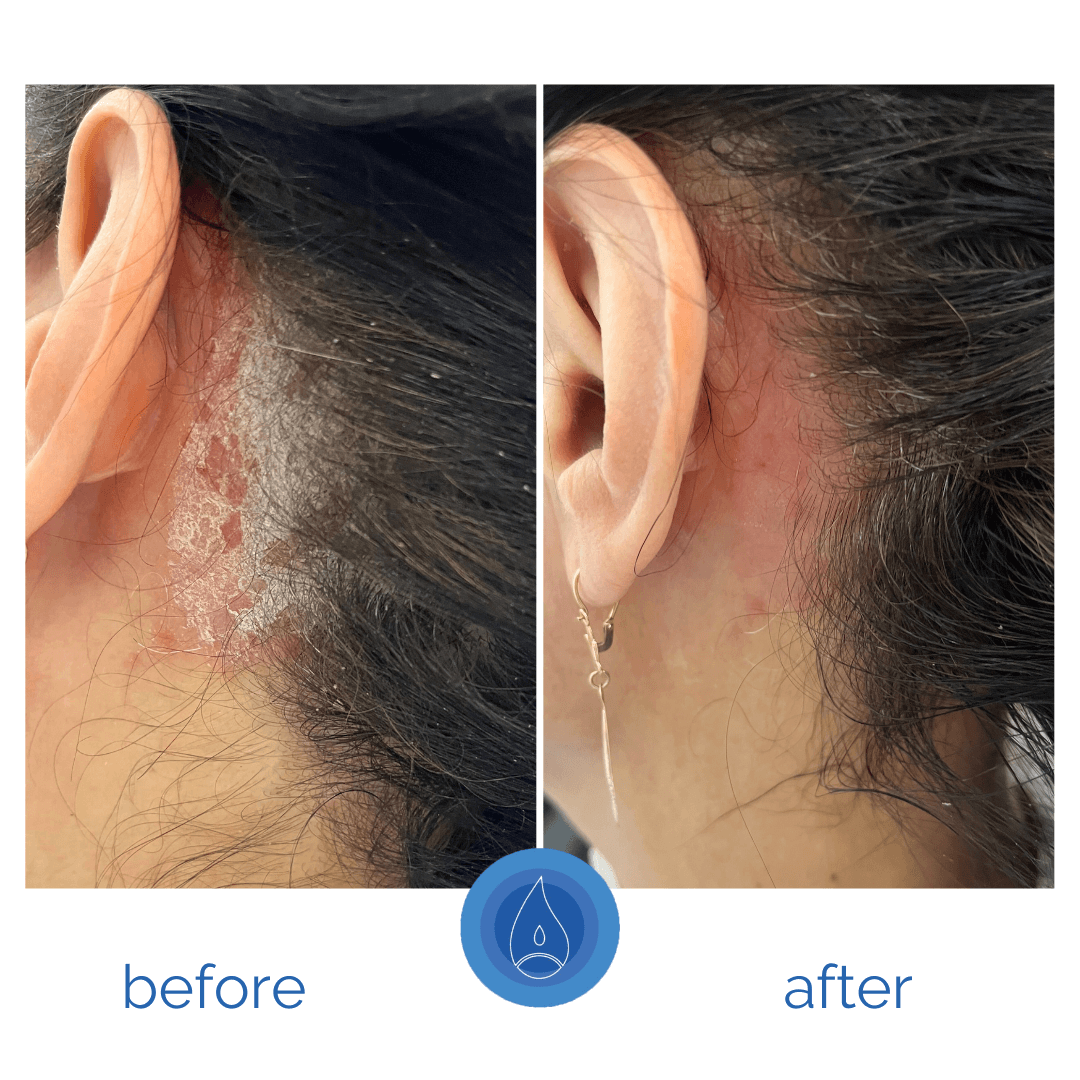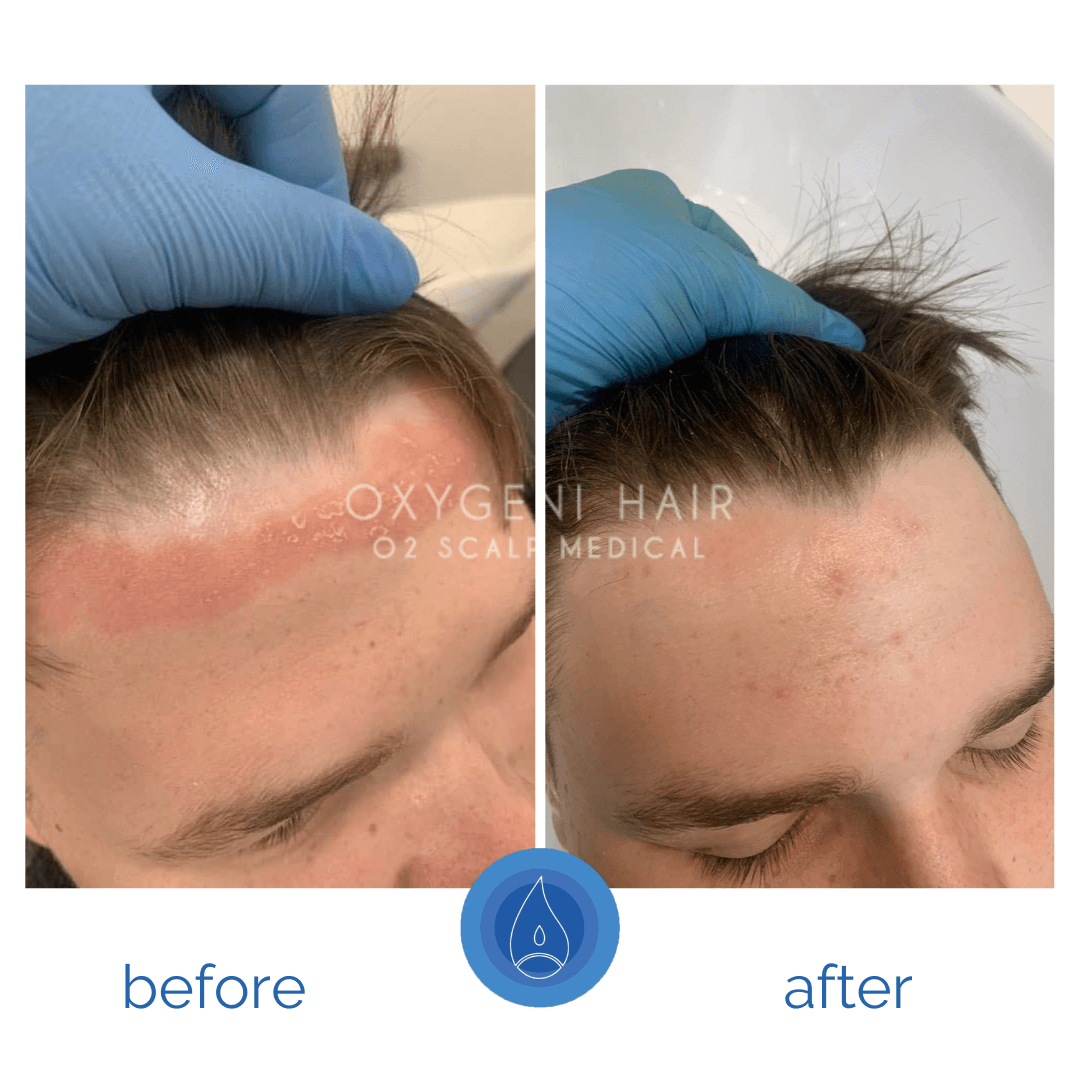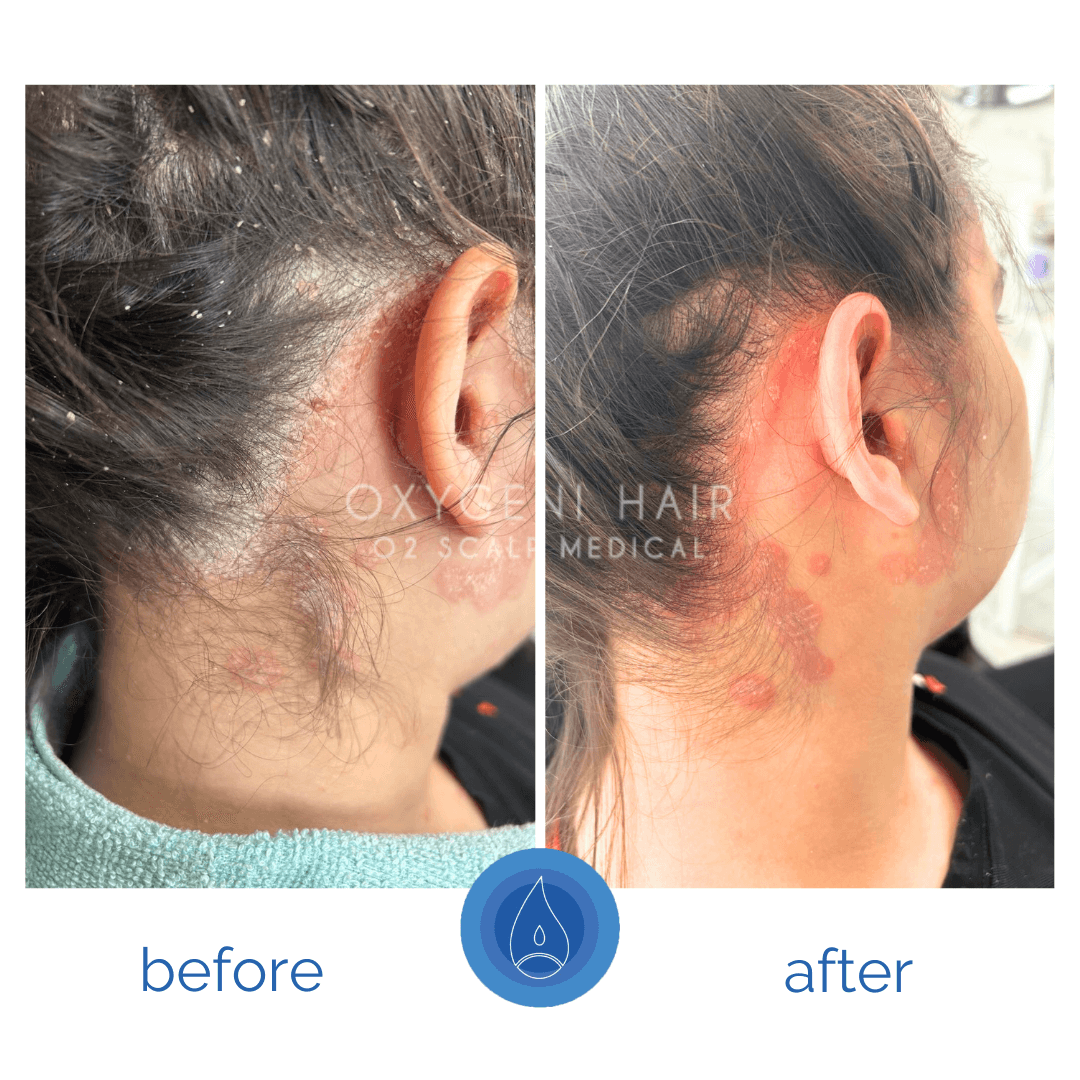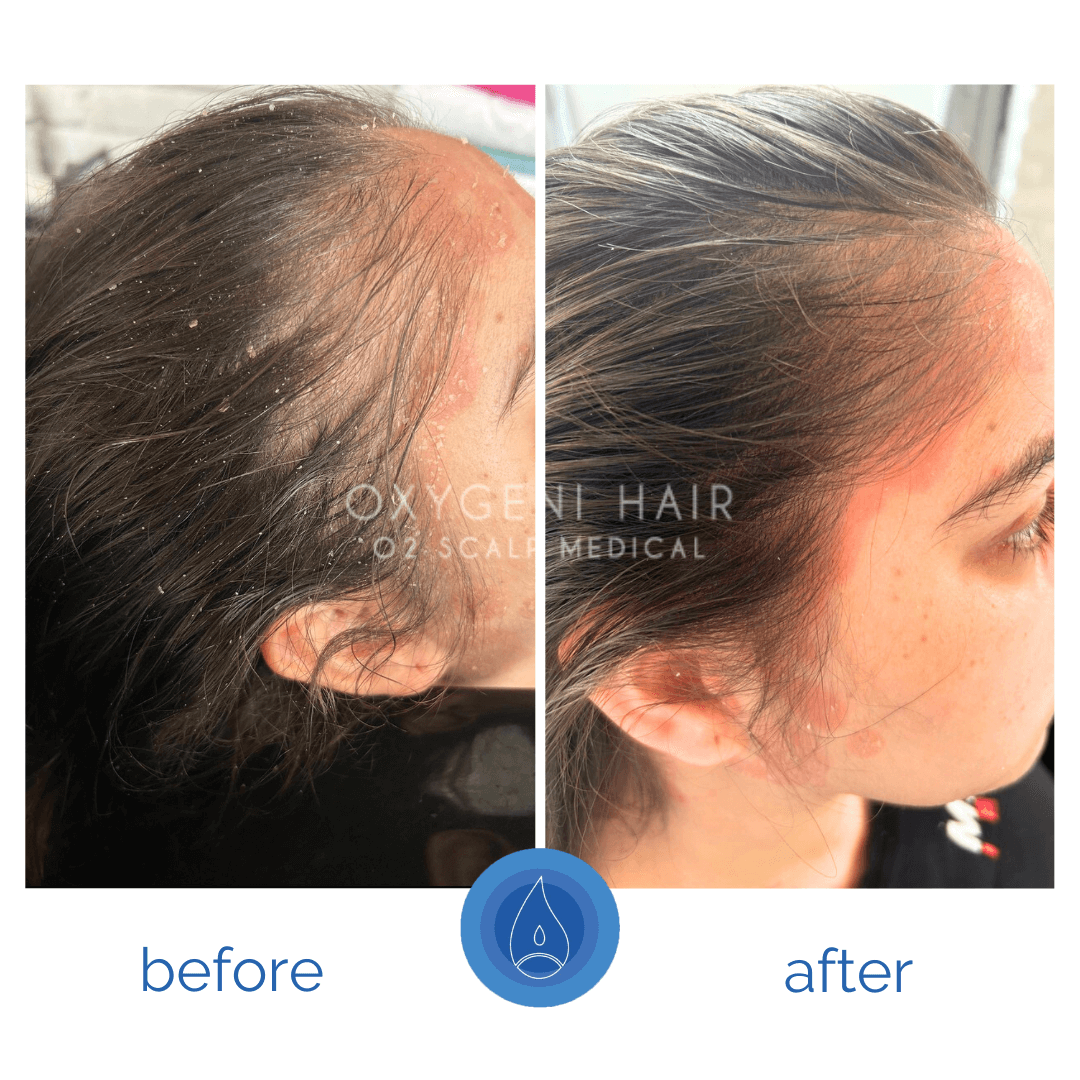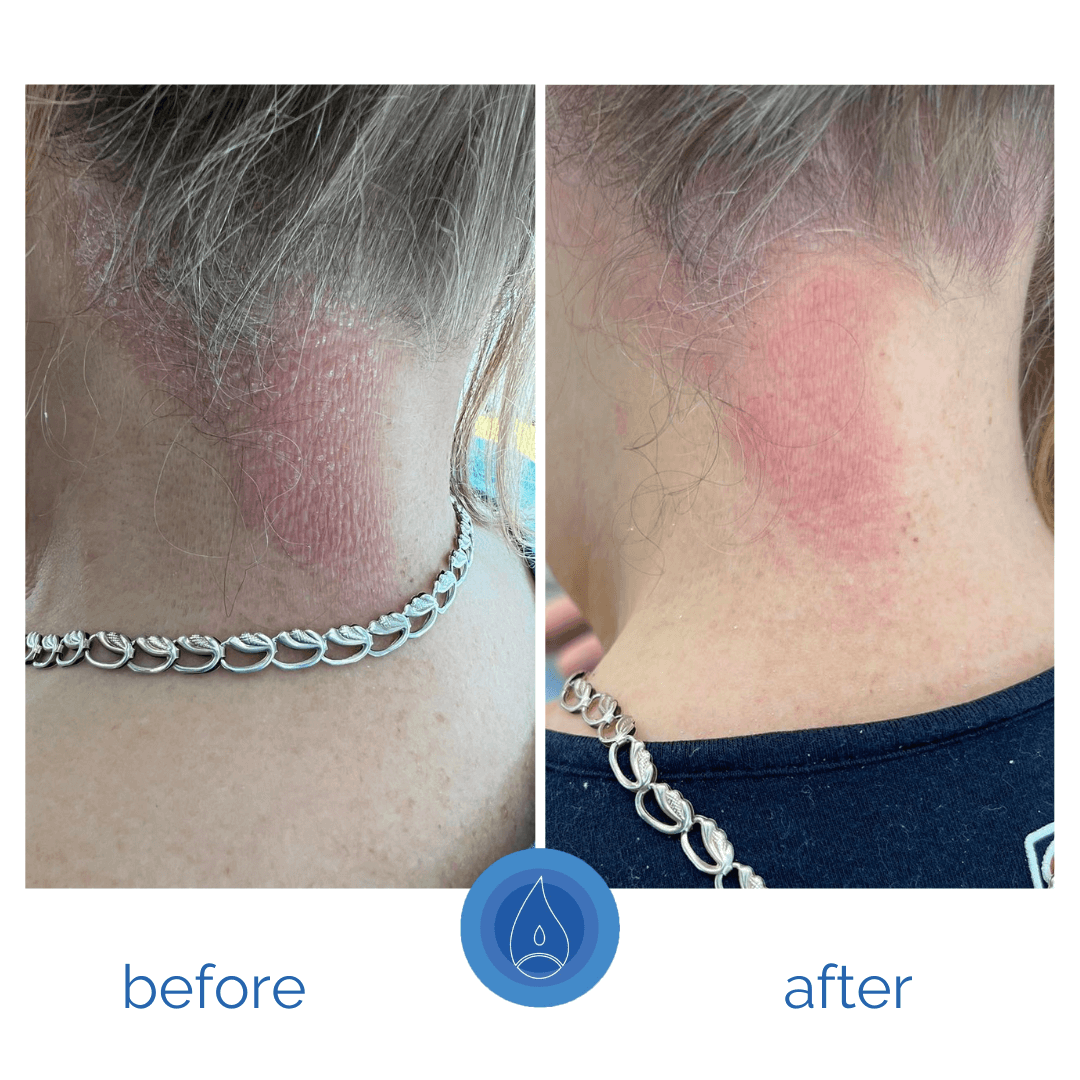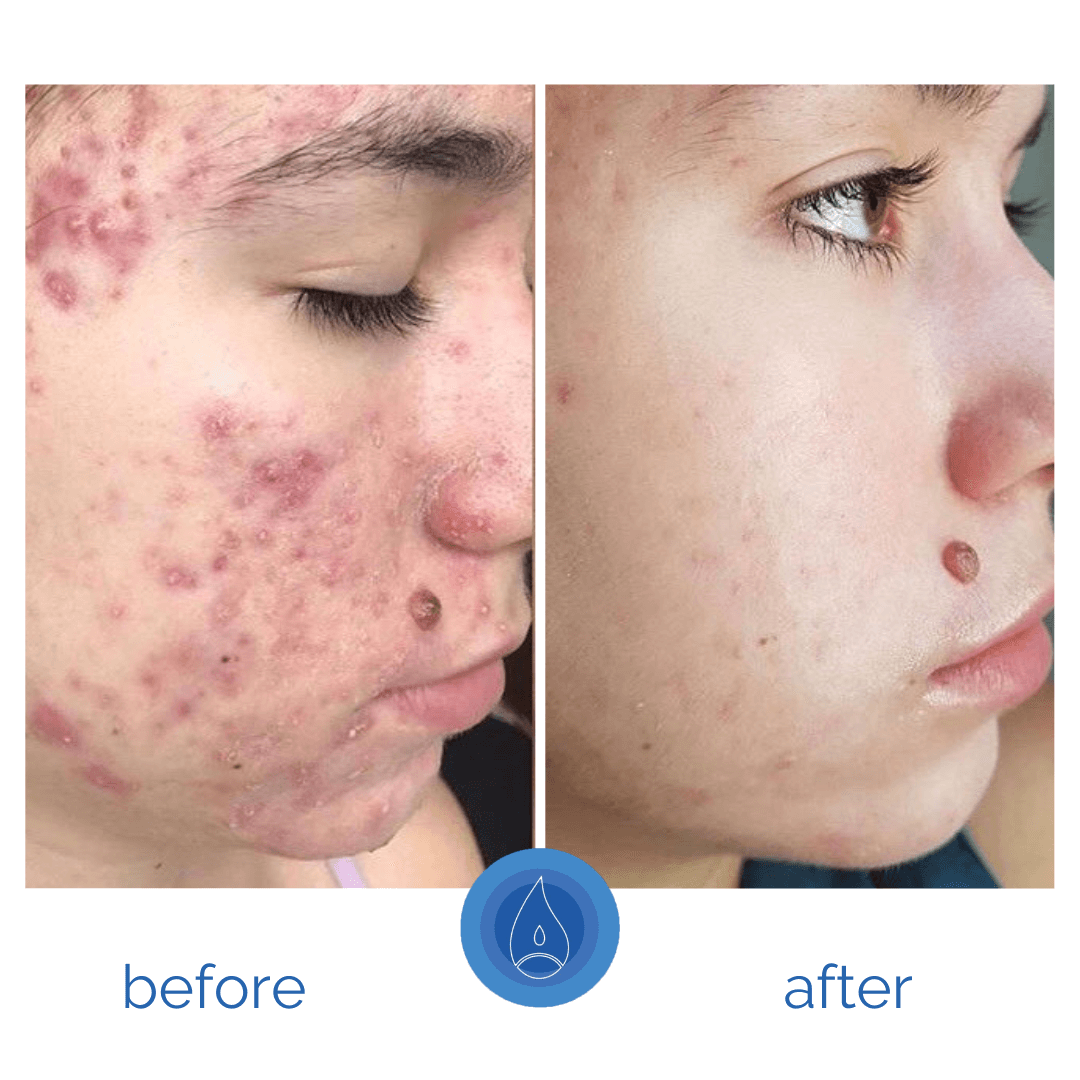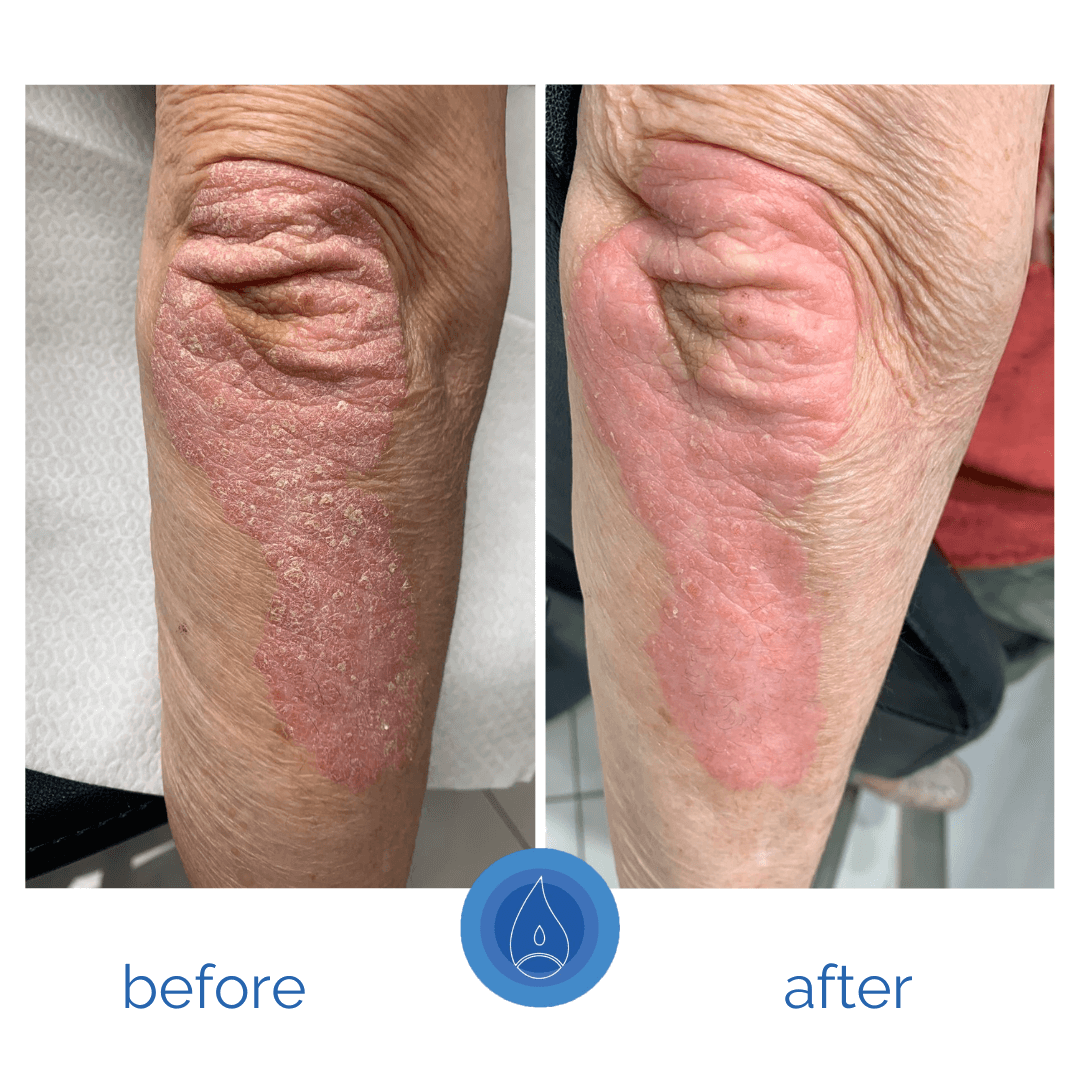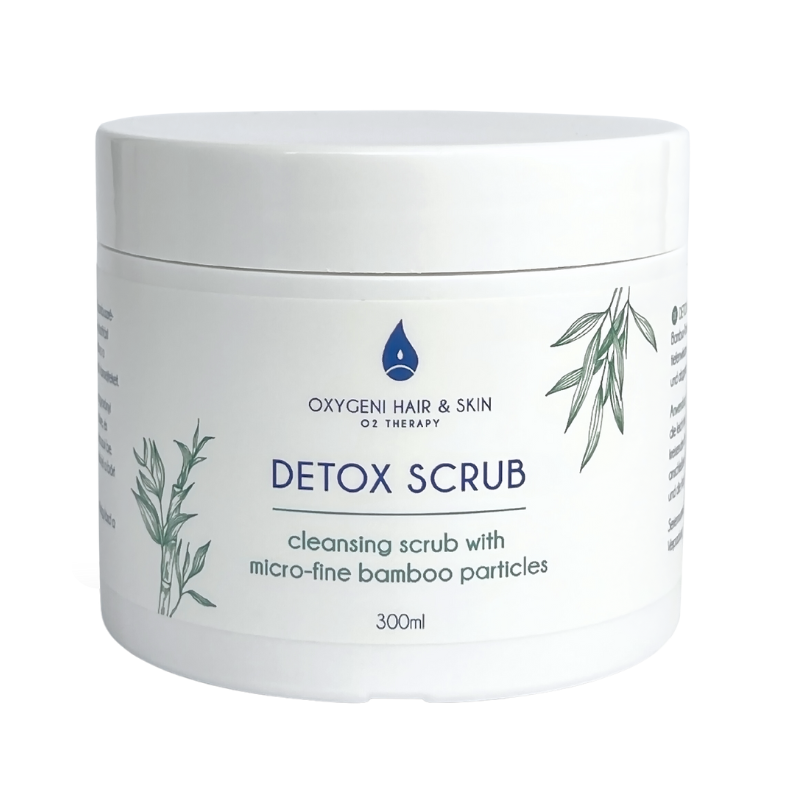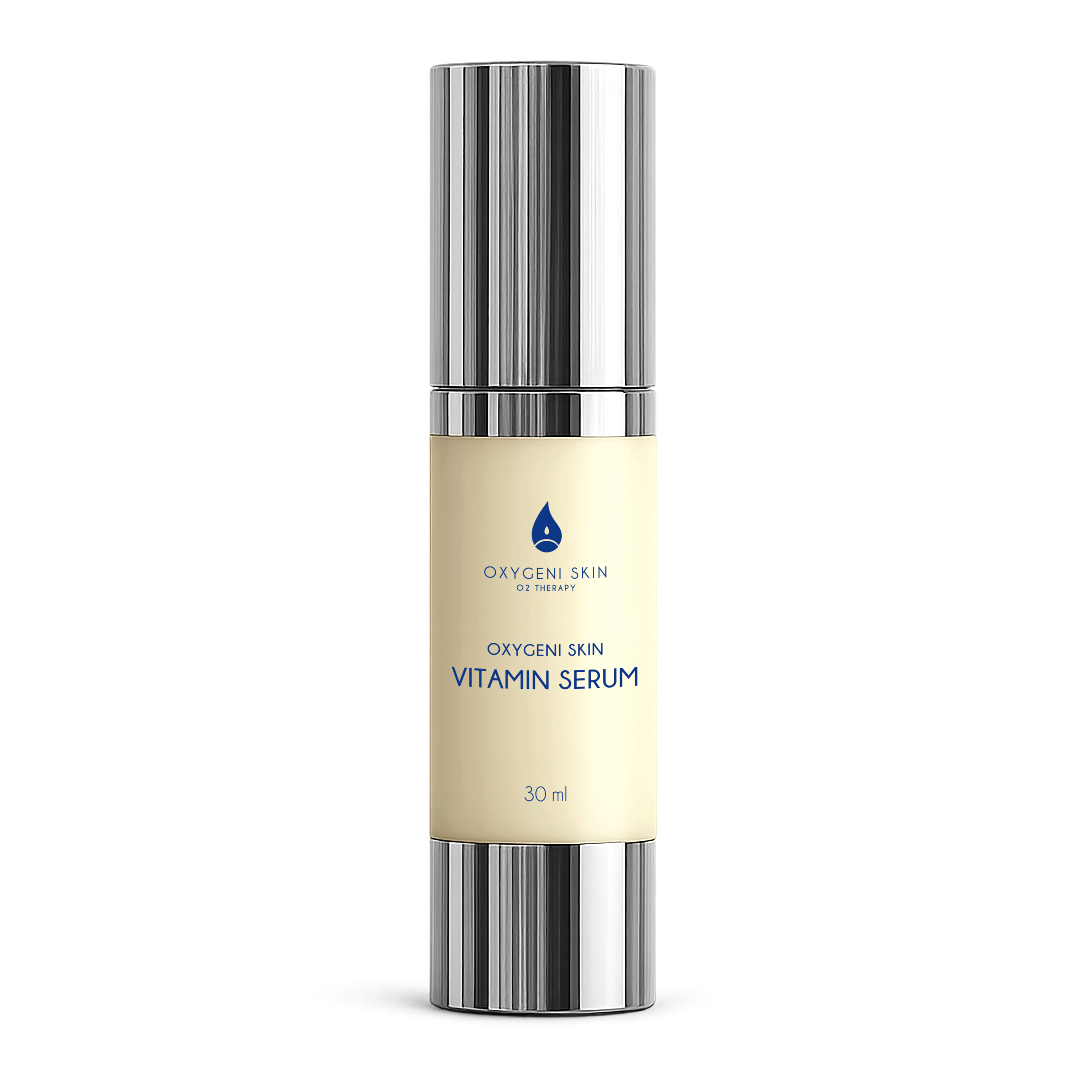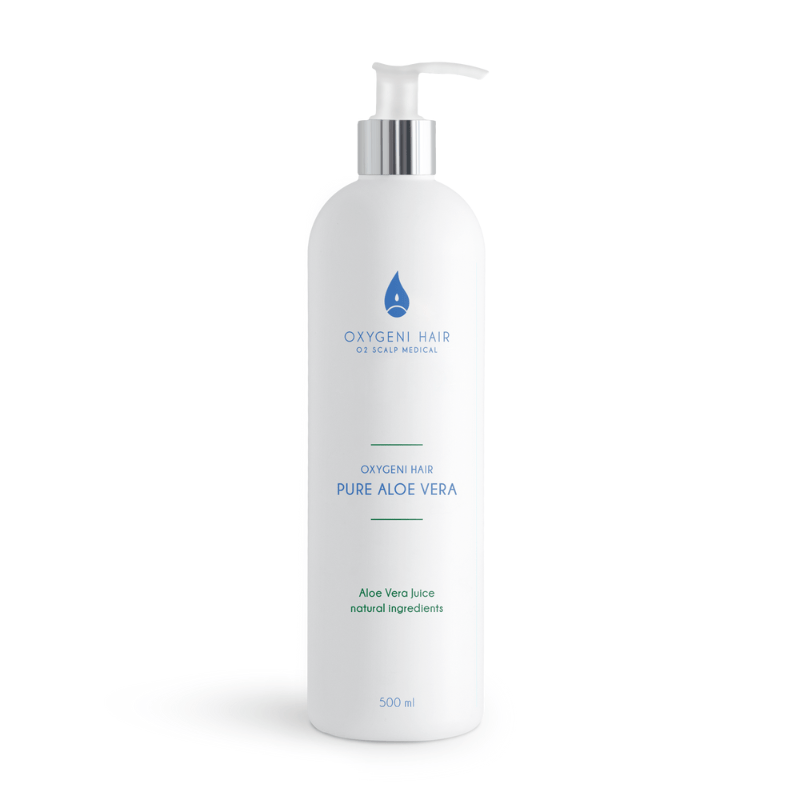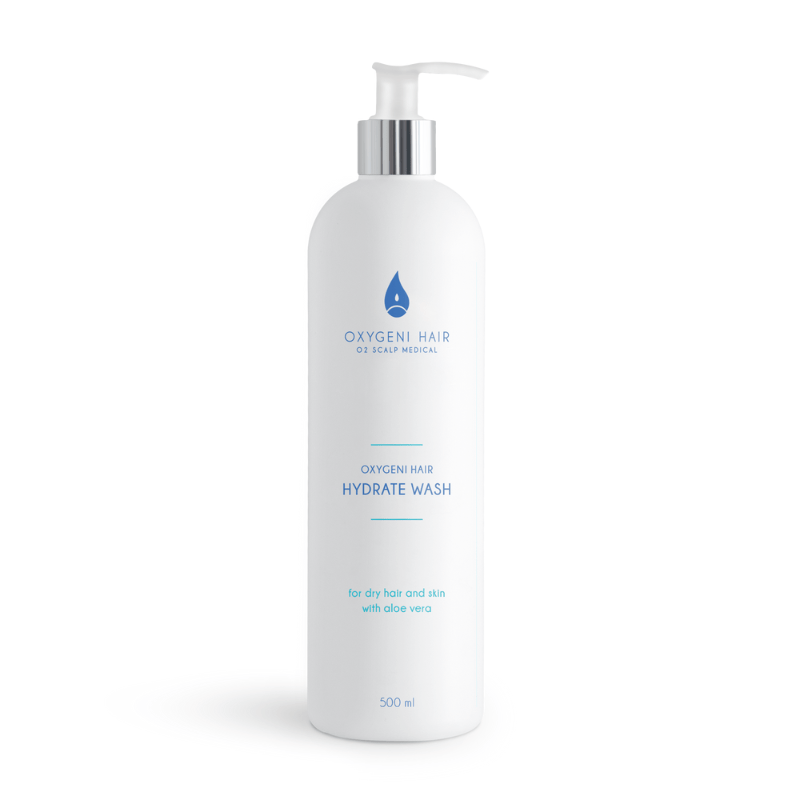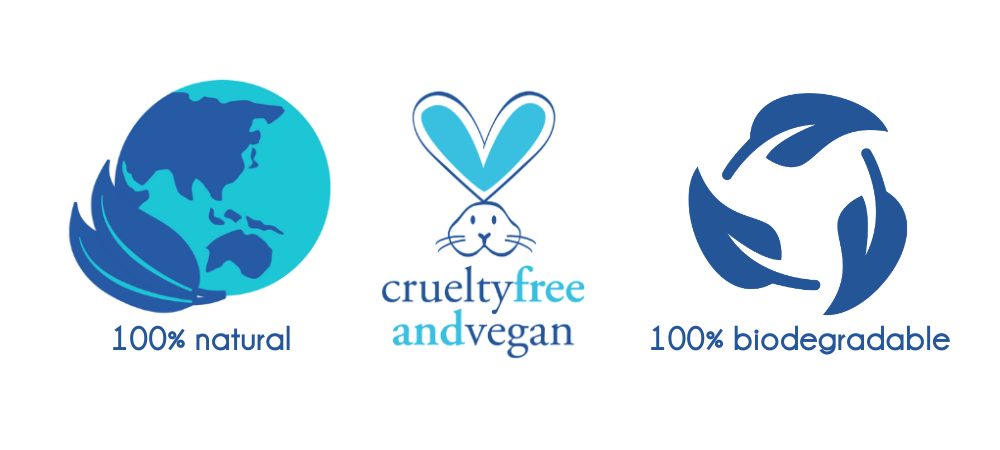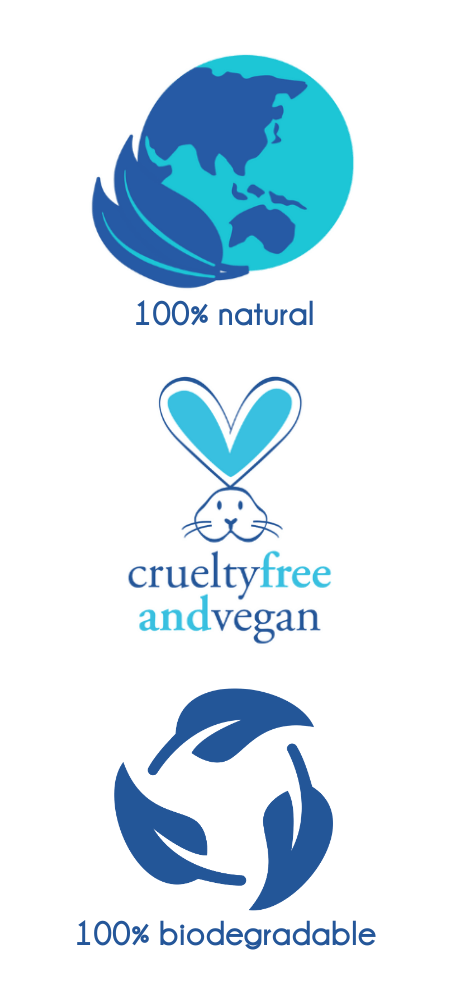Psoriasis
Psoriasis
One of the most common autoimmune skin diseases
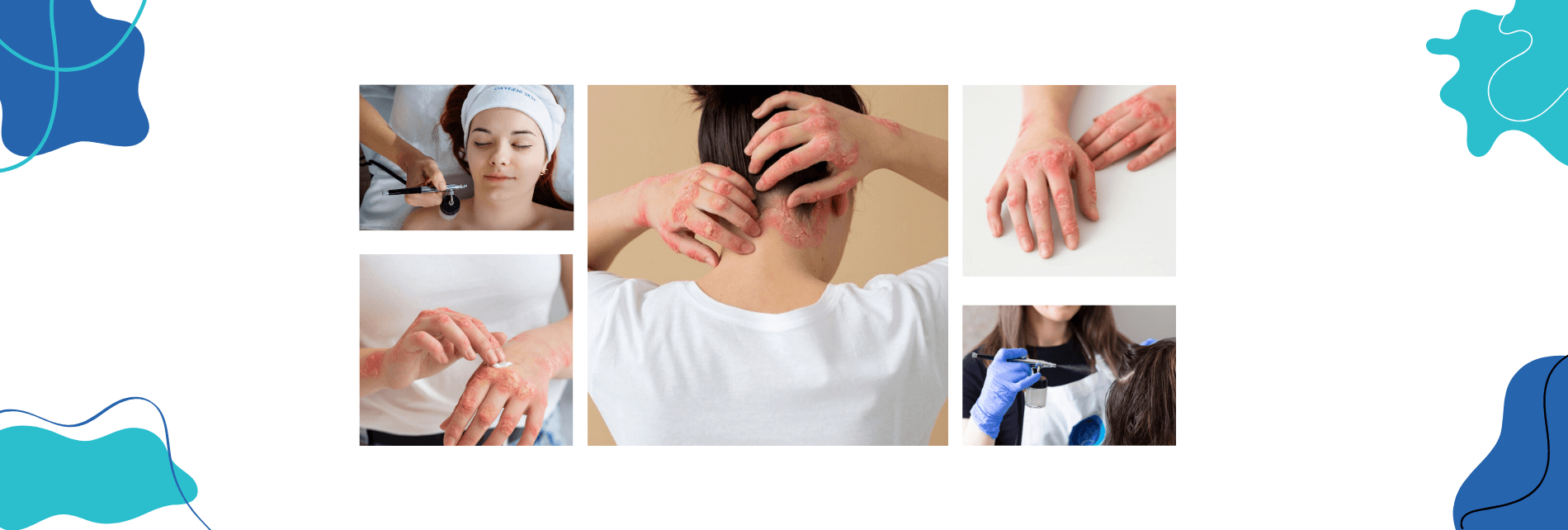
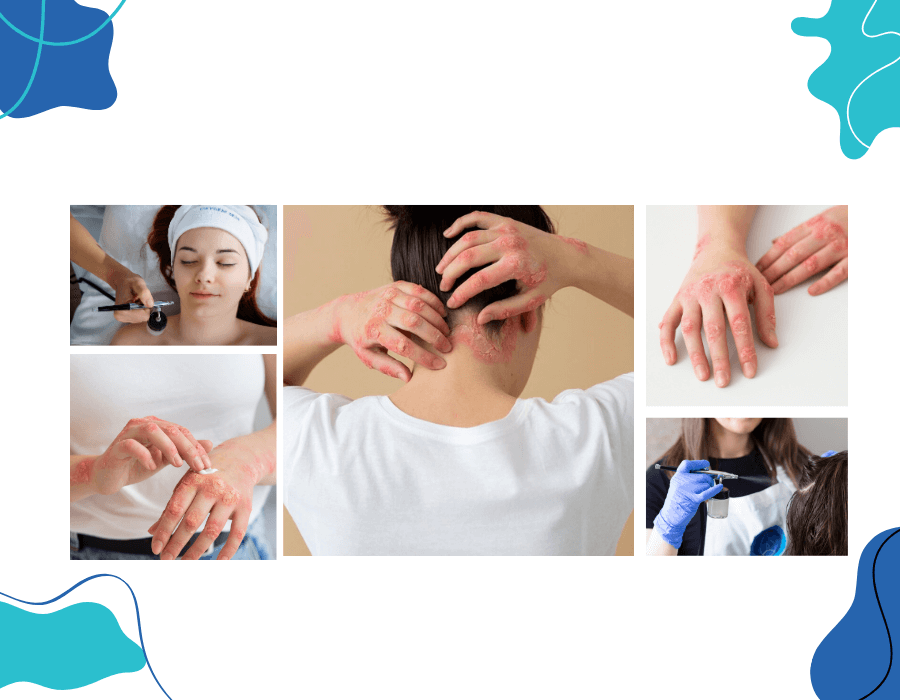
Development of Psoriasis
Psoriasis is a chronic, inflammatory skin condition that affects millions of people worldwide. It is estimated that 2-3% of the population suffers from this problem, and it can occur at any age, though it most commonly develops in young adults (between 20-30 years old). Several factors contribute to the development of psoriasis, including genetics, environmental factors, diet, and mental and physical stress. The disease itself is not contagious, so it does not spread through contact, but it can significantly impact the quality of life of the affected person, as it is often accompanied by itching and pain.
Psoriasis is caused by an overactive immune system, resulting in red, itchy, scaly patches on the skin. The immune system mistakenly attacks the skin cells as if they were harmful. This attack triggers inflammation, which accelerates the growth and division of skin cells. Normally, the renewal of skin cells takes about a month, but in the case of psoriasis, this process occurs in just a few days, leading to the accumulation of cell layers on the skin’s surface.
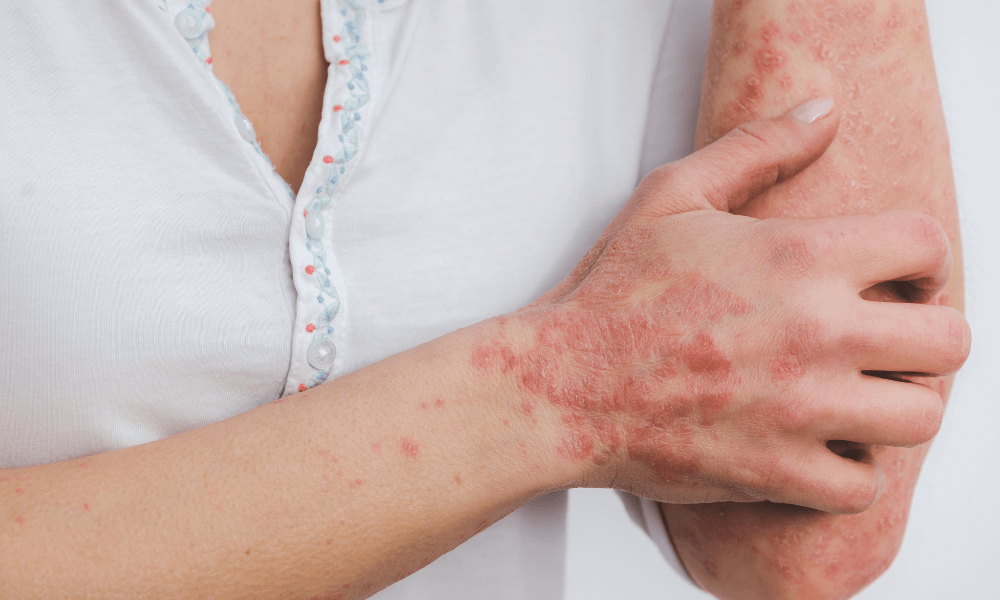
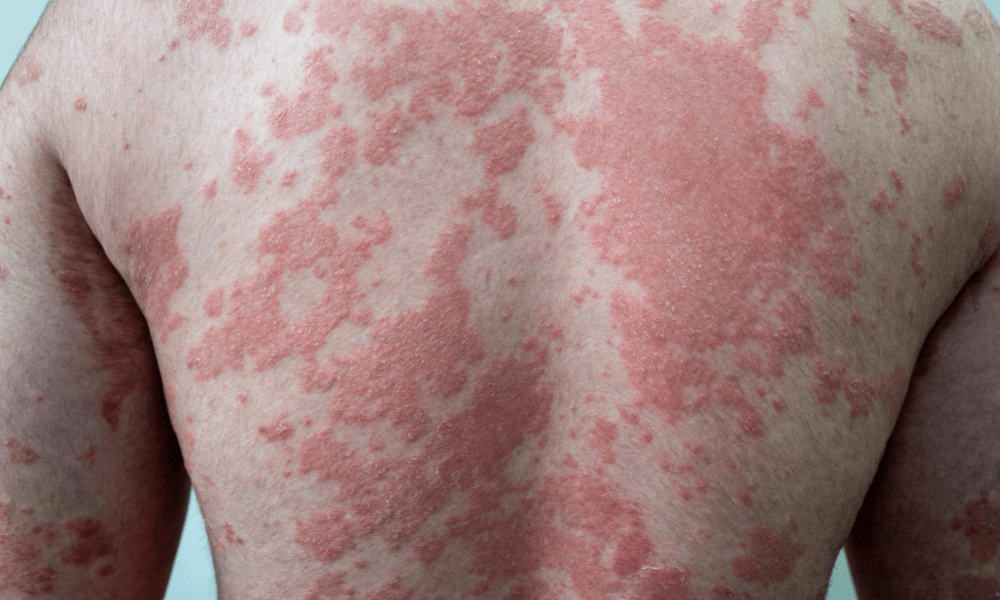
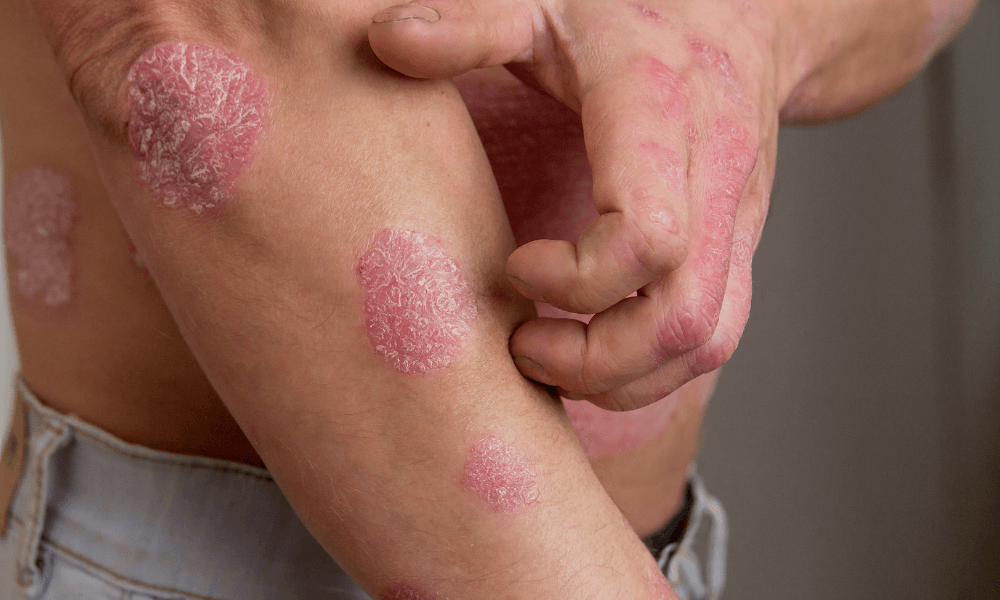
Most Common Symptoms of Psoriasis
The symptoms of psoriasis can vary and depend on the severity of the disease. The intensity of symptoms can fluctuate, with periods when the individual experiences no or minimal symptoms, and times when the symptoms become more pronounced. The symptoms of the disease are so characteristic that the diagnosis is usually easy to establish, with histological examination rarely needed.
The symptoms usually appear on body parts most exposed to irritation, such as the scalp, elbows, or knees. One of the most distinctive symptoms is that the scales easily detach with light mechanical impact, leaving the skin surface wounded, and the area can easily become infected. The most unpleasant symptom can be the itching sensation, but unfortunately, psychological problems may also develop in patients. The aesthetic alteration of the skin often leads to depression, lack of self-confidence, and anxiety.
There are several types of psoriasis, each presenting different symptoms and appearances.
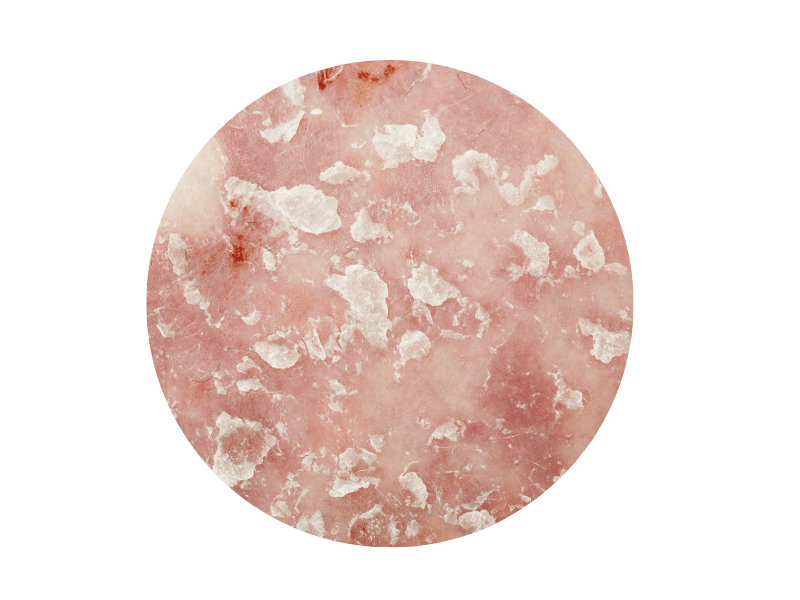
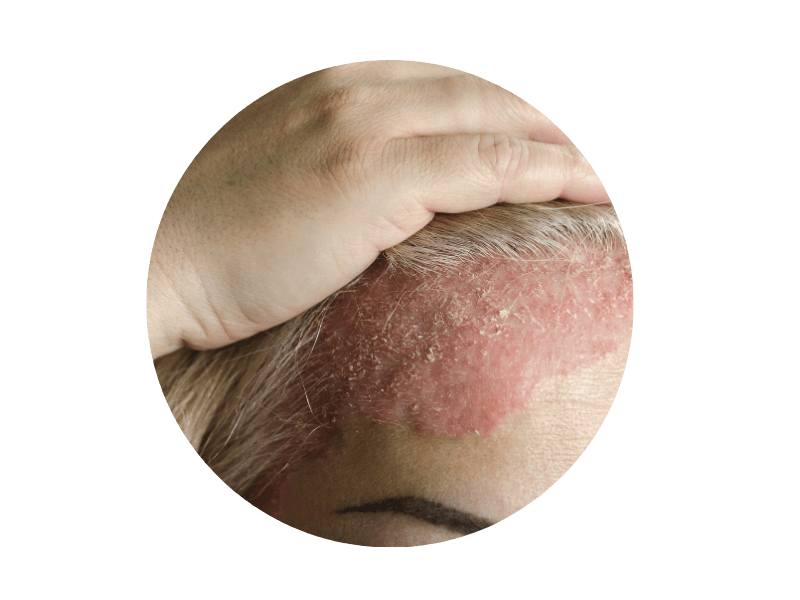
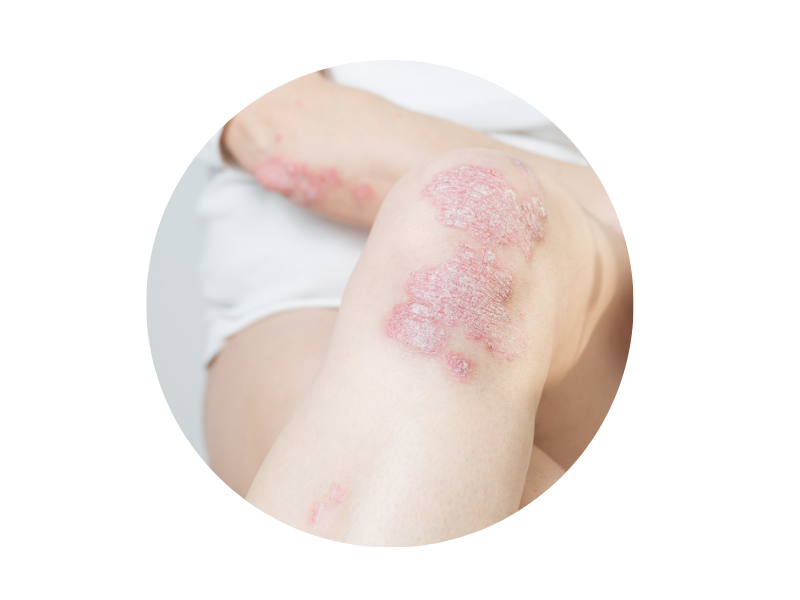
Common Psoriasis Symptoms:
- Red, inflamed patches on the scalp, knees, elbows, back, or around the nail beds
- White or silvery scales on the skin that peel
- Dry, cracked skin that itches
- Stiff, swollen joints
- Brittle nails or thickened nail plate
Types of Psoriasis
Psoriasis can be categorized into five types based on the symptoms:
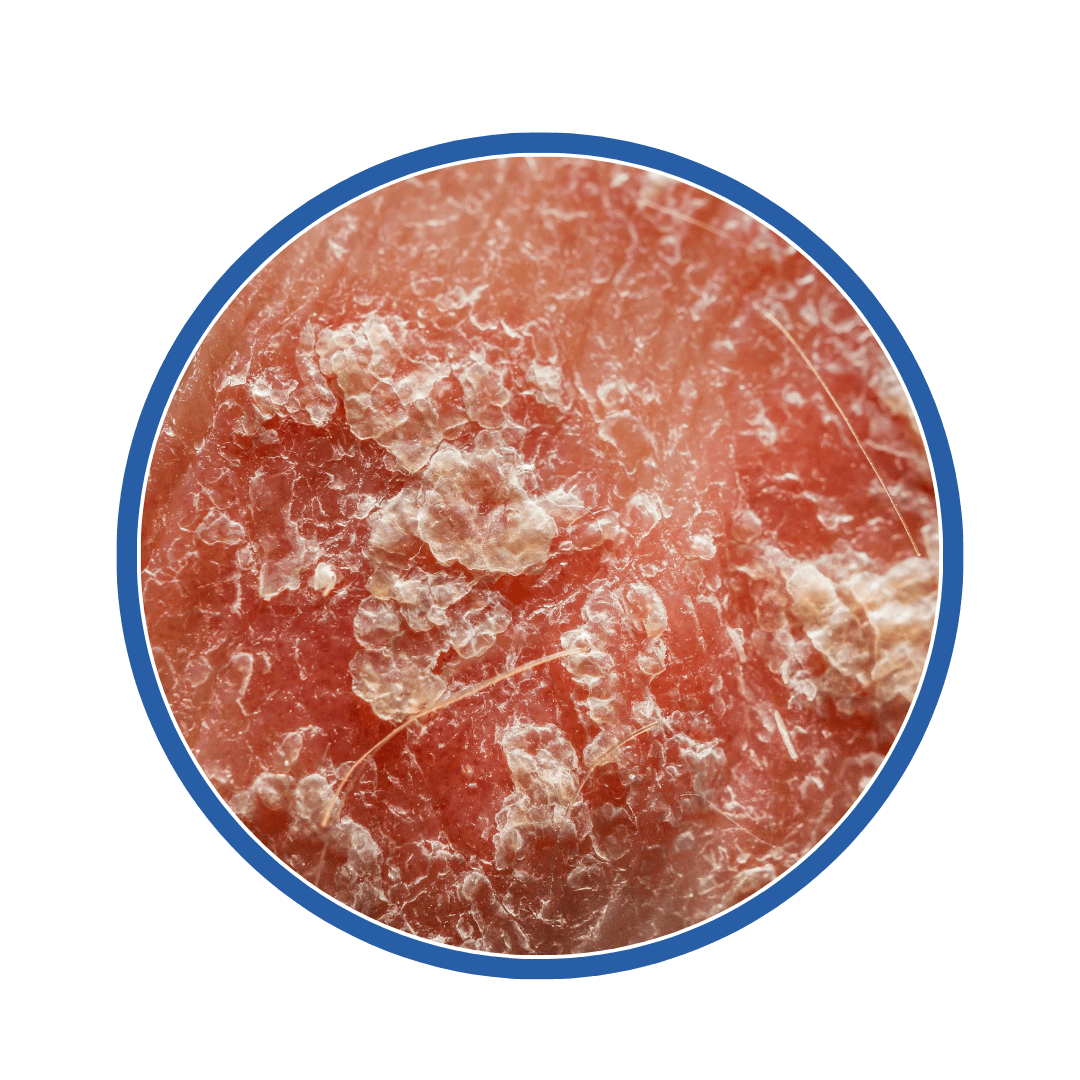
Plaque Psoriasis (Psoriasis Vulgaris)
This is the most common type, accounting for approximately 80% of psoriasis cases. Its characteristic symptoms include bright red, raised, scaly patches on the skin, often covered with cracked, silver-white skin.
It can occur anywhere on the body but most frequently appears on the scalp, forearms, lower legs, and skin folds (such as armpits, and elbows), where irritation can exacerbate the symptoms. The affected areas often become thickened and rough to the touch.
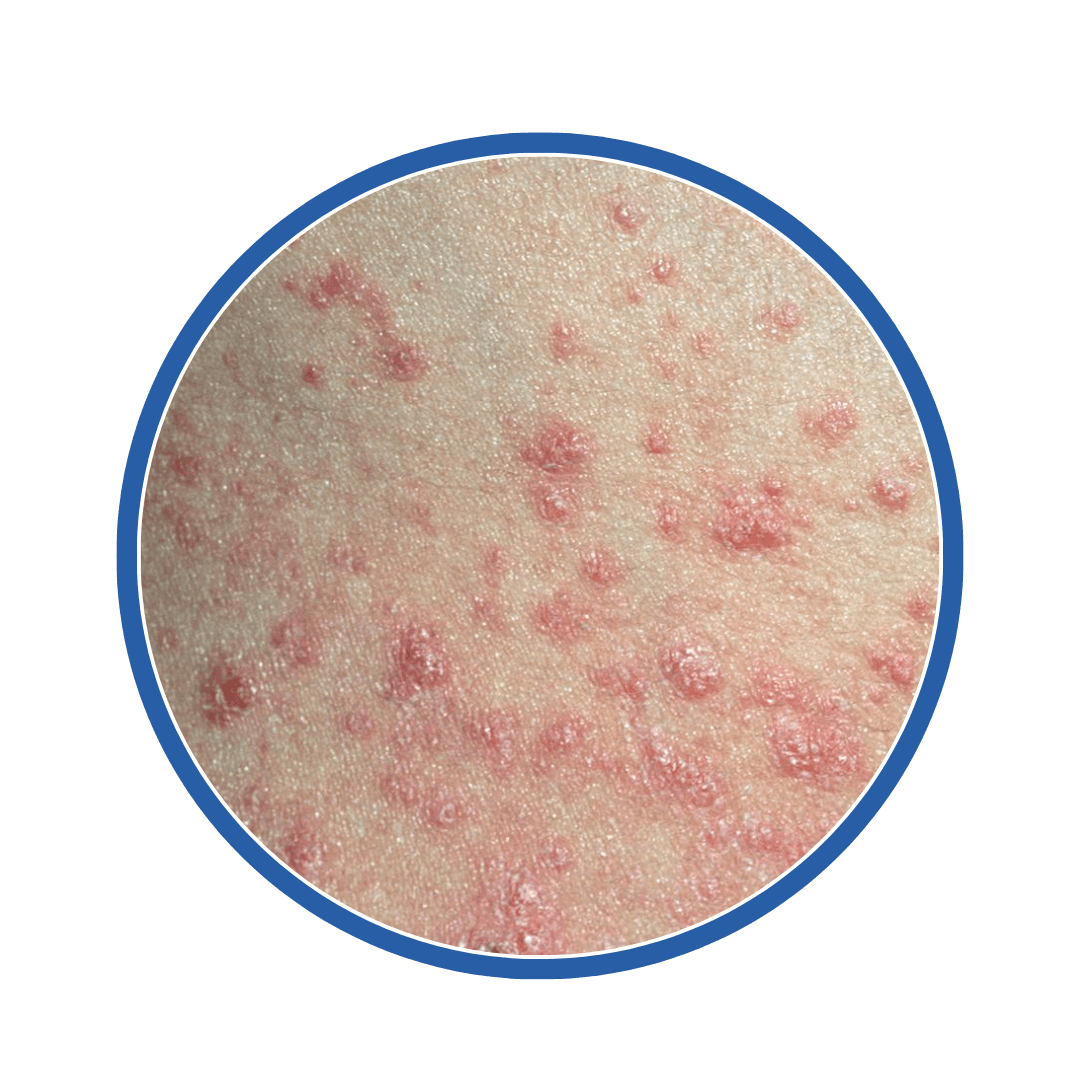
Guttate Psoriasis
This type is often diagnosed in childhood or young adulthood. It is characterized by small, drop-shaped (hence the name “guttate”) red spots on the skin, usually 1-10 mm in diameter, with a scaly surface. These lesions are generally not as thick as those seen in plaque psoriasis, but scales are still noticeable.
Symptoms most commonly appear on the upper body, arms, and legs, but they can affect the entire body surface.
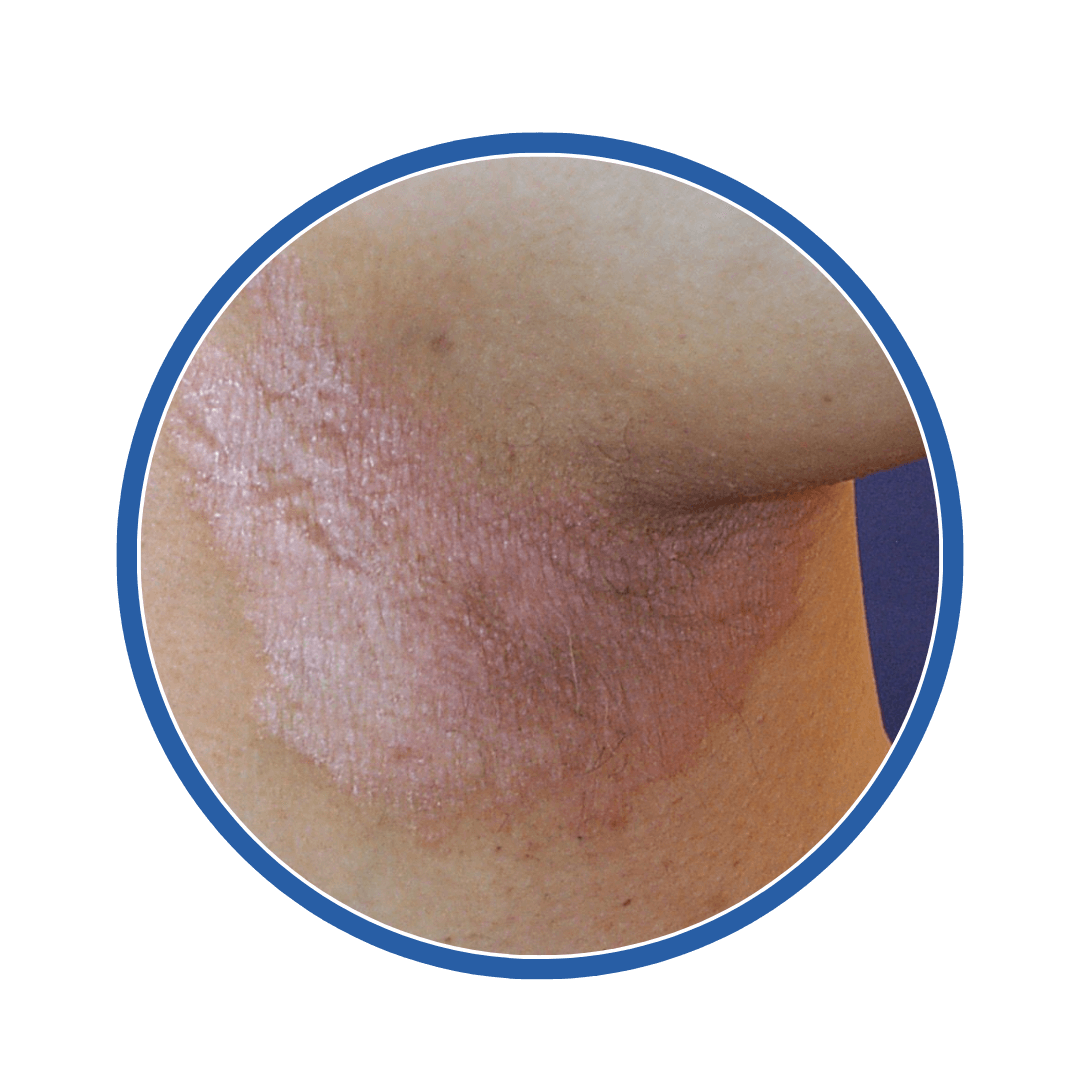
Inverse Psoriasis
The characteristic of this type is that the inflamed areas are located in the body’s folds, such as the armpits, groin, or under the breasts. Since these areas are prone to rubbing and irritation, inflammation and discomfort can intensify.
Inverse psoriasis differs from other types as there is usually little to no scaling in the affected areas. Instead, smooth, shiny, red patches appear, which may often be moist due to the natural moisture in the skin folds.
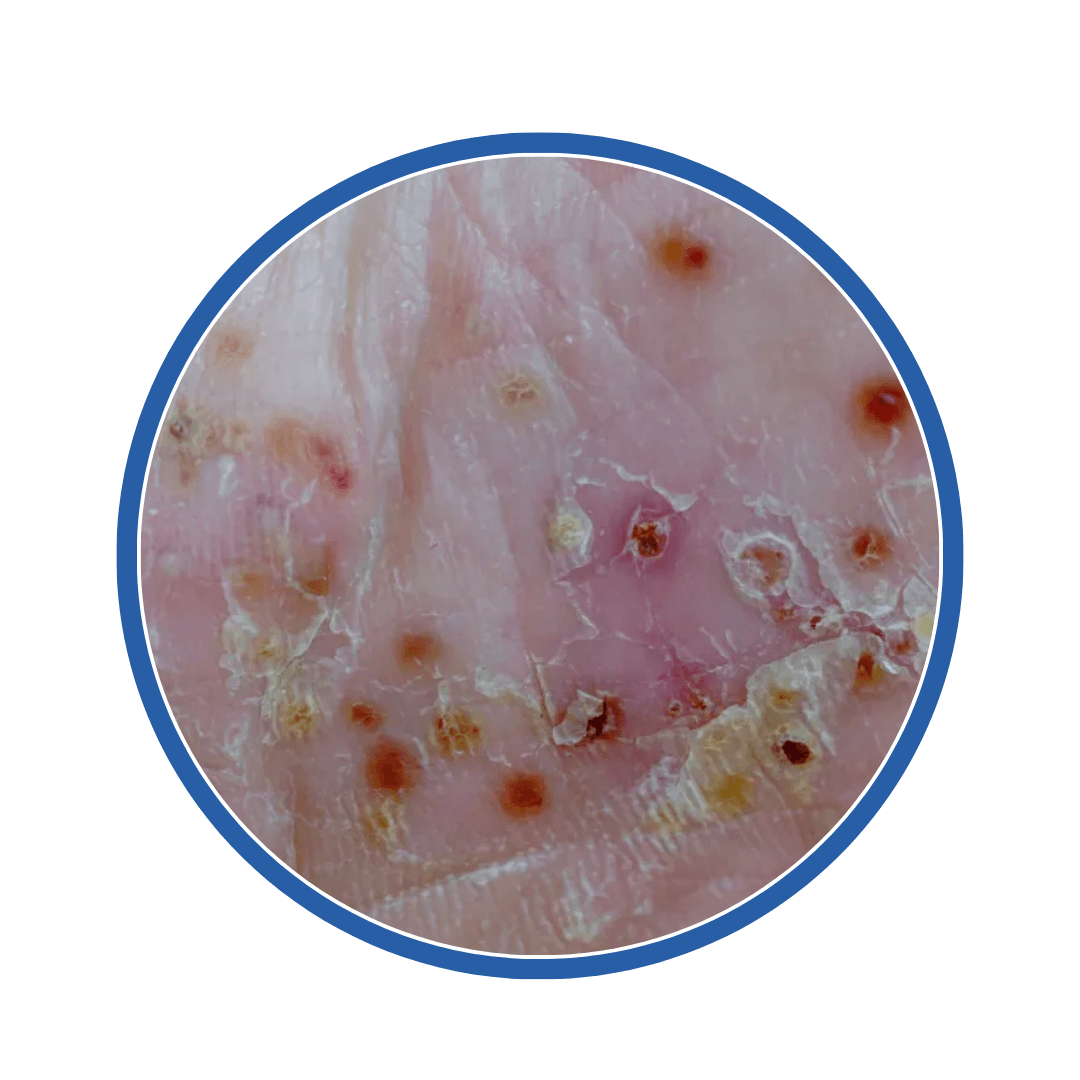
Pustular Psoriasis
The main symptoms of pustular psoriasis are small, pus-filled white or yellowish blisters (pustules) that form on red, inflamed skin. The course of the disease is often cyclical, with periodic flare-ups.
It can affect the entire body but can also develop locally, such as on the palms and soles. The symptoms can be painful, itchy, and due to their purulent content, they can easily be mistaken for other infections.
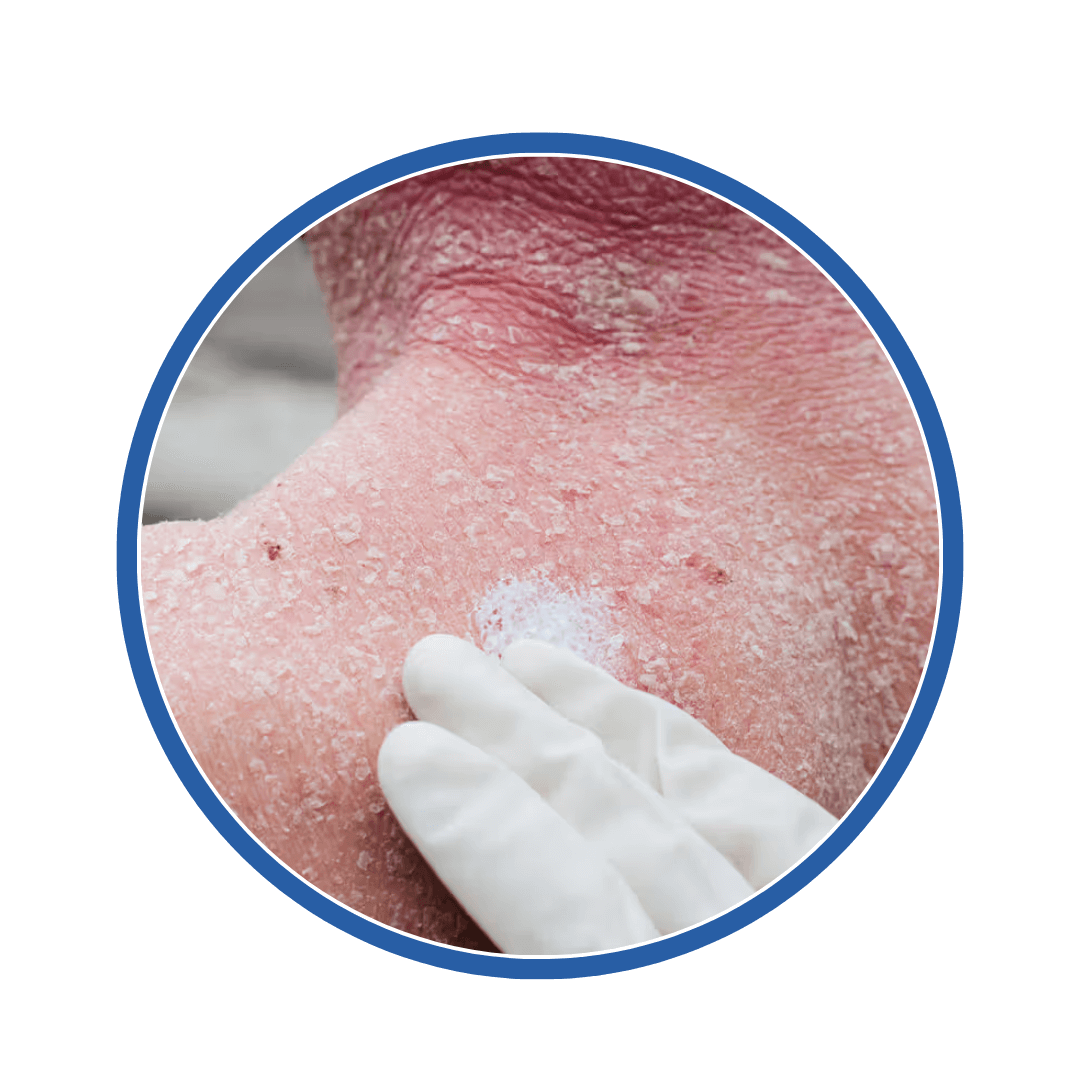
Pustular Psoriasis
The rarest and most dangerous type, which can affect the entire body. This condition often develops suddenly and is accompanied by extensive skin inflammation, redness, and peeling. Since it weakens the entire skin’s protective function, it is particularly dangerous.
The main symptom is intense redness covering the whole body, which often causes itching, pain, and a burning sensation. Severe pain often accompanies skin peeling, and scaling is also common.
Treatment requires urgent medical intervention!
Eczema vs. Psoriasis: What's the Difference?
The main difference between eczema and psoriasis is that psoriasis is an autoimmune condition. Psoriasis causes inflamed skin patches that are usually thick, scaly, and grayish in color. These thickened patches, known as “plaques,” can be triggered by stress, bacterial, or viral infections. Neither condition is contagious! Both eczema and psoriasis may benefit from thermal water, aloe vera, saltwater, and sunlight for symptom relief. A healthy lifestyle and diet can also promote improvement. For both conditions, treatments that use 100% natural ingredients are recommended. Intolerances that disrupt the body’s natural processes can contribute to the development of both eczema and psoriasis.
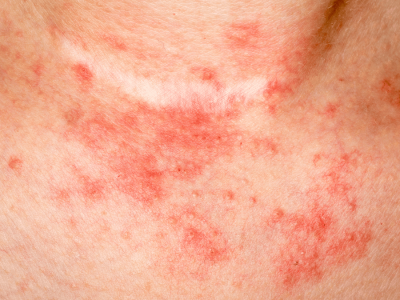
Symptoms of Eczema
- Red, inflamed areas
- Itching
- Present all over the body
- Associated with allergic reactions
- Recurrent
- Worsening after initial improvement
- Spreading
- Increasing patches in the same areas
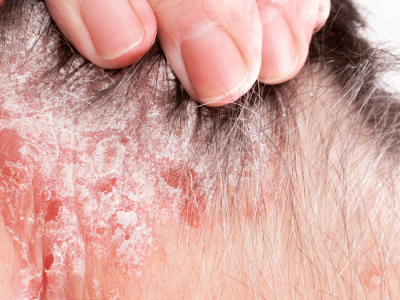
Symptoms of Psoriasis
- Inflamed, irritated, sore, shiny, red patches
- Scaly, whitish layers
- Can occur on any part of the body
- Itching
- Most commonly appear on the scalp, knees, back, elbows, and chest
What Triggers or Worsens Psoriasis?
Genetic Predisposition: Genetics play a significant role in the development of psoriasis. As it is an inherited condition, if even one parent has psoriasis, the child has a 20% chance of developing the condition. If both parents have psoriasis, this risk can increase to as much as 70%.
Stress: Stress causes the body to produce hormones that can lead to inflammation and negatively impact the immune system’s function. Mental and physical strain can worsen symptoms, making effective stress management crucial.
Skin Injuries: Physical impacts and injuries to the skin, such as cuts, abrasions, or sunburns, can cause inflammation. The immune system may mistakenly react to these injuries, leading to the formation of psoriasis plaques at the site of the injury.
Unhealthy Diet: A poor diet can contribute to the development of various diseases, including psoriasis. While there is no definitive evidence that specific foods directly cause the disease, the consumption of processed foods, dairy products, gluten, alcohol, and red meat may exacerbate symptoms.
Chemicals: Many cosmetic products and household cleaners contain chemicals that can cause a reaction on the skin, contributing to the development or worsening of psoriasis. It’s important to pay attention to the chemicals and skin care products used in your daily life.
Medications: Some medications can worsen psoriasis symptoms, such as beta-blockers used for high blood pressure and lithium. Antibiotics can also trigger flare-ups, making it essential to consult a doctor before taking any medication.
Lifestyle
In cases of psoriasis, it is especially important to pay attention to lifestyle habits. Healthy eating, regular exercise, and avoiding bad habits and harmful addictions can significantly help in alleviating and controlling the symptoms of the disease. A healthy lifestyle can not only relieve psoriasis symptoms but also reduce the risk of other diseases.
Fighting Psoriasis with Healthy Eating Habits
Healthy eating not only improves the patient’s well-being but also has a beneficial effect on their appearance. A balanced diet rich in fruits, vegetables, whole grains, and lean proteins can help reduce inflammation.
Several studies confirm that a short diet alone will not solve the problems, so it is important to establish long-term sustainable healthy eating habits. Certain foods have anti-inflammatory properties, making their consumption especially important. When creating a diet, it is advisable to consume foods rich in vitamins. Foods rich in omega-3 fatty acids (such as fish, flaxseeds, chia seeds), as well as fresh fruits and vegetables, can be beneficial.
What to Eliminate from Your Diet?
Due to their high salt, sugar, and fat content, processed foods can cause inflammation. This category includes fast food, pre-packaged snacks, ready meals, pastries, and sweets. Many processed foods contain unnecessary additives, making it important to carefully check product labels before purchasing.
Foods and drinks with high sugar content, such as sugary sodas, sweets, and pastries, can increase inflammation and worsen psoriasis symptoms. Since many pre-packaged foods contain hidden sugars, it’s essential to pay attention when choosing what to consume.
For some people with psoriasis, eliminating gluten can lead to improvement. Gluten is found in wheat, barley, and rye. By following a gluten-free diet, you can avoid consuming these grains, and fortunately, many gluten-free products are now available in stores.
Alcohol consumption can exacerbate psoriasis symptoms and hinder treatment effectiveness. Alcohol’s dehydrating effect can also worsen skin conditions. It’s advisable to eliminate alcohol from your diet completely or reduce its consumption significantly.
Due to their high-fat content, these foods can have pro-inflammatory effects and worsen psoriasis symptoms. Processed meats, such as sausage, salami, and bacon, should be particularly avoided in cases of psoriasis.
These fats increase inflammation in the body and are found primarily in fatty meats, dairy products, fried foods, and certain margarines. Trans fats can also contribute to the development of diseases like insulin resistance, which raises the risk of type 2 diabetes.
Some individuals find that consuming dairy products worsens their symptoms. Dairy proteins and lactose intolerance can contribute to inflammatory processes. Even without known intolerances, it’s wise to minimize dairy consumption, as it can raise blood sugar levels and contain hormones and antibiotics that may be harmful.
What to Include in Your Diet?
Regular consumption of fruits and vegetables has numerous positive effects on our health. Antioxidant-rich fruits and vegetables can help reduce inflammation and improve skin condition. It’s recommended to regularly consume berries (blueberries, raspberries, strawberries), leafy greens (spinach, lettuce), carrots, and broccoli.
Whole grains are rich in fiber, supporting gut health and helping to regulate blood sugar levels. They contain more vitamins and minerals, like B vitamins, iron, magnesium, and selenium, than refined grains.
Beans, lentils, chickpeas, and other legumes are good sources of protein and fiber, which support healthy digestion and blood sugar regulation. They contain slow-digesting carbohydrates that help maintain stable blood sugar levels. Legumes are versatile and can be easily incorporated into various dishes like soups, salads, main courses, and side dishes.
Omega-3 fatty acids have anti-inflammatory properties. Regular consumption of foods rich in omega-3s, such as flaxseeds, chia seeds, salmon, and walnuts, can benefit overall health.
Certain spices and herbs have anti-inflammatory properties. Their antioxidants help neutralize free radicals, protecting cells from damage and slowing the aging process. Regular consumption of turmeric, ginger, garlic, and cinnamon is particularly recommended.
Did you know? Food Intolerances Could Be The Cause of Psoriasis Symptoms!
In the case of food intolerance, the body cannot digest certain foods or ingredients, which often causes unpleasant symptoms such as bloating or abdominal pain. The symptoms of food intolerance usually appear with a delay and are related to the digestive system. The most common food intolerances include lactose intolerance (sensitivity to milk sugar) and gluten intolerance.
Food intolerance causes inflammation in the body, which can also worsen psoriasis symptoms. If you experience regular, recurring symptoms after consuming certain foods, it is worth investigating whether you have any intolerance. Examining food intolerances allows patients to follow a diet that not only avoids intolerances but also supports overall health and alleviates psoriasis symptoms. Ignoring food intolerances can lead to long-term health problems, such as chronic inflammation, nutrient deficiencies, and damage to the digestive system. Proper diagnosis and treatment promote long-term health and the successful management of psoriasis symptoms.
To alleviate Psoriasis symptoms, it's important to pay attention to the following things:
Regular Exercise
Regular physical activity can help reduce stress and improve overall health, positively impacting psoriasis symptoms. Exercise releases endorphins, improving mood. Yoga and breathing exercises are also beneficial as they help relax and calm the mind. However, any form of exercise is beneficial to the body.
Avoiding Smoking and Alcohol Consumption
Smoking, like many diseases, increases the risk of developing psoriasis. Smoking also negatively affects the success of therapeutic treatments aimed at managing psoriasis, so quitting is strongly recommended for faster recovery. Excessive alcohol consumption can also worsen psoriasis symptoms and may affect the effectiveness of certain treatments (e.g., medication).
Protecting the Skin
The development of psoriasis and the severity of its symptoms are greatly influenced by how mindful we are about protecting our skin. It is important to avoid drying out the skin, pay attention to the water temperature when bathing to ensure it is not too hot, pat the skin dry with gentle motions instead of rubbing, and regularly use moisturizers and oils.
Stress Management is Crucial
The skin often reflects internal emotional and physical states, and stress is no exception. During stress, the body produces cortisol and other stress hormones that affect the skin’s protective function and can trigger inflammatory processes. As a result, the skin becomes more susceptible to infections, inflammatory conditions, and various skin diseases like psoriasis. Many skin problems can worsen or flare up due to stress, so it is important to pay special attention to managing stress.
- Manage your time effectively.
- Start your morning with meditation or breathing exercises.
- Spend time outdoors in the fresh air and exercise regularly.
- Take time for yourself, go for a massage, or have a self-care day.
- Wear skin-friendly clothing, preferably made of cotton.
- Wear gloves whenever your skin comes into contact with irritating substances.
- In winter, humidify the air in your home, as dry air can worsen symptoms.
- Keep your nails short to avoid fungal infections.
- Never apply any makeup products on irritated skin.
- Avoid swimming pools and beaches as chlorinated water dries out the skin.
Hormonal Changes and Their Role in Psoriasis Symptoms

Adolescence
During puberty, hormonal changes can trigger the onset of psoriasis or exacerbate existing symptoms. Fluctuations in sex hormones (such as estrogen and testosterone) can affect the immune system and amplify inflammatory processes, potentially leading to new or worsened psoriasis symptoms.

Pregnancy
Hormonal changes during pregnancy, including increases in estrogen and progesterone levels, can either improve or worsen psoriasis symptoms. After childbirth, the hormonal shifts can also cause flare-ups as the body adjusts back to its pre-pregnancy state.

Menstruation
Many women report that their psoriasis symptoms worsen at certain times during their menstrual cycle, especially in the days leading up to menstruation. This can be attributed to cyclical changes in estrogen and progesterone levels, which may influence inflammatory responses.

Stress
Stress elevates cortisol levels (the stress hormone), which can contribute to inflammation. Chronic stress and elevated cortisol levels may exacerbate psoriasis symptoms, making stress management crucial for controlling flare-ups.
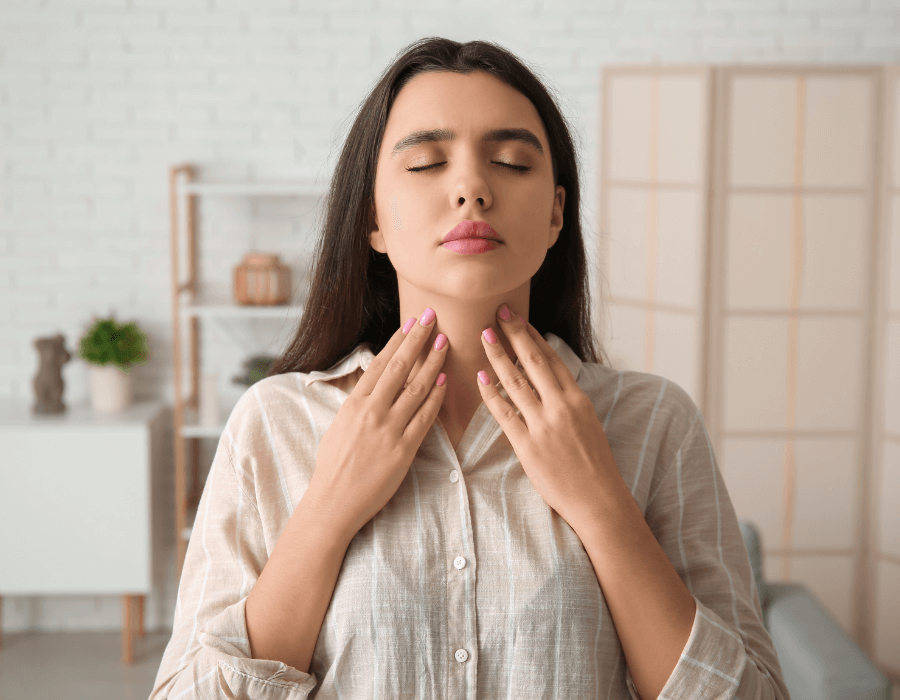
Thyroid Issues
Changes in thyroid hormone levels can also impact psoriasis symptoms. Hypothyroidism or hyperthyroidism can increase inflammatory processes in the body, potentially worsening psoriasis.
Tips for Maintaining Hormonal Balance
Avoid Caffeine on an Empty Stomach
Caffeine stimulates the central nervous system, increasing cortisol levels. Consuming caffeine on an empty stomach can further elevate cortisol production, especially in the morning when cortisol levels are naturally higher to prepare the body for daily activities. This can lead to excessive stress responses.
Avoid Polluted Air
Exposure to polluted air introduces substances into the body that can cause inflammation and disrupt hormone production and regulation. Pollutants can affect thyroid function and stress hormone levels. Breathing clean air helps maintain hormonal balance and supports overall well-being.
Get Enough Sleep
Adequate sleep is essential for maintaining hormonal balance. Poor sleep can disrupt cortisol levels and exacerbate stress, negatively impacting psoriasis. Ensuring sufficient rest helps regulate cortisol and other hormones, supporting overall health.
TREATMENT OF PSORIASIS
Currently, there is no known cure for the disease, but it is possible to alleviate the symptoms and reduce inflammation. With appropriate treatment, even symptom-free periods can be achieved, although this varies greatly from person to person and may take several years to attain the desired results. The treatment of psoriasis can involve various methods depending on the severity of the condition. It requires a complex and individualized approach that takes into account the patient’s lifestyle, the severity of the disease, and personal preferences.
The products used in treatment contain anti-inflammatory ingredients, which help reduce the itching and flaking caused by psoriasis. In addition to professional treatments, proper home care is also essential, as using inappropriate products can further worsen the condition.
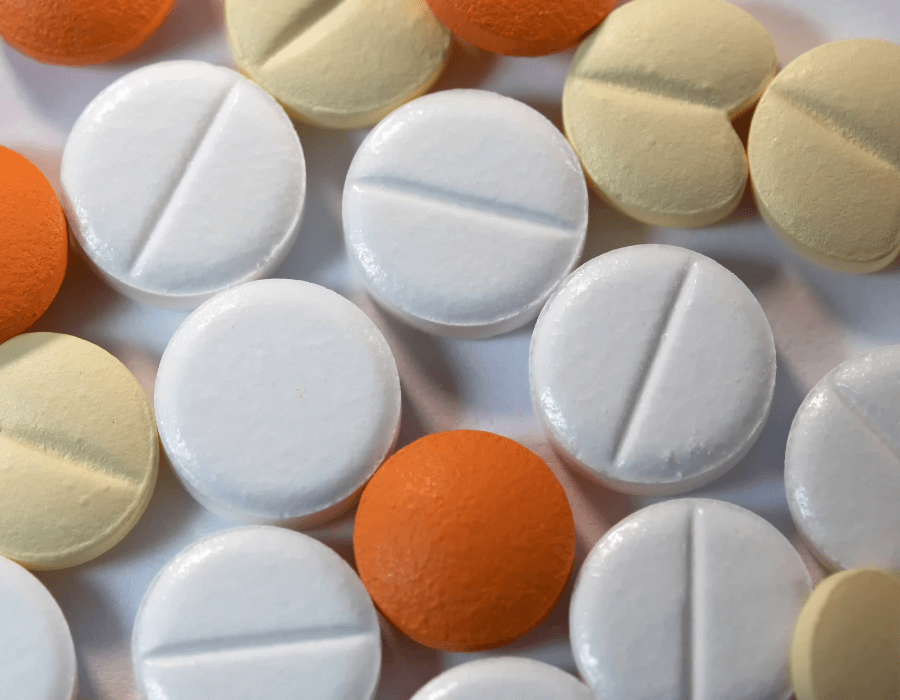
Medication Treatment
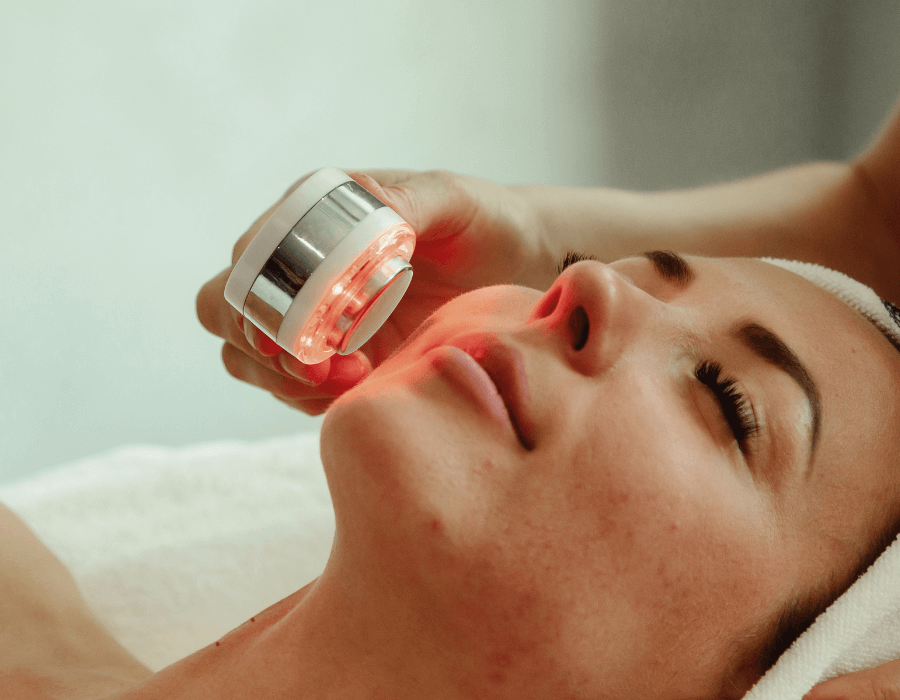
Phototherapy Treatment

Spa Treatments
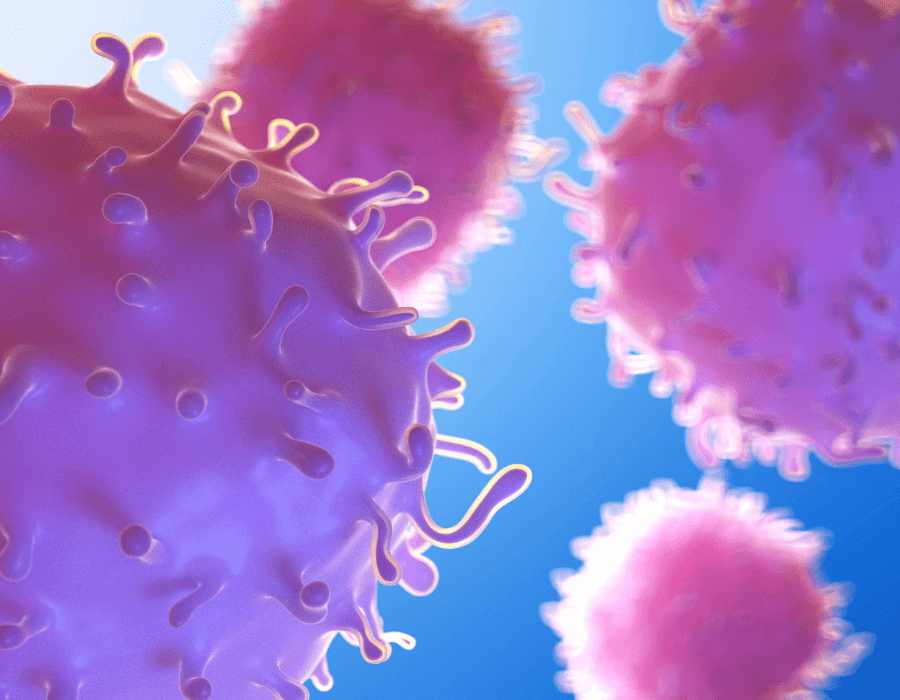
Biological Therapy
Psoriasis treatment may not only require medical intervention but can also be supplemented with appropriate cosmetic and hair care procedures.
TREATING PSORIASIS WITH OXYGEN THERAPY
Treating psoriasis on the scalp with oxygen therapy treatment offers numerous benefits. This procedure involves delivering nearly 70 different active ingredients deep into the scalp using pure oxygen, completely pain-free. Oxygen therapy supports immune system function, is crucial in managing psoriasis, and enhances nutrient supply to cells, improving both scalp and hair health. The treatment boosts scalp circulation, aids natural detoxification processes, leading to quicker healing, faster regeneration, and alleviation of psoriasis symptoms.
Why Consider Oxygen Therapy Treatment?
– Anti-inflammatory effects help reduce scalp inflammation.
– Promotes cell regeneration and speeds up healing time.
– Completely painless procedure.
– Uses 100% natural ingredients, entirely chemical-free.
– Completely risk-free with no side effects.
COSMETIC OXYGEN THERAPY FOR PSORIASIS
Psoriasis on the face and other parts of the body can also be effectively treated with cosmetic oxygen therapy. This treatment alleviates psoriatic plaques on the skin and accelerates the regeneration of problematic areas. The process involves an acidic peel to remove dead skin layers, purifying the skin from toxins, and enhancing circulation and metabolism. During the procedure, a complex of vitamins and minerals is infused into the skin, needle-free and entirely pain-free. The treatment can be applied locally, ensuring maximum effectiveness in the targeted area.
Why Consider Cosmetic Oxygen Therapy?
– Effectively promotes cell regeneration with cleansing effects.
– Supports natural detoxification.
– Reduces skin irritation and has anti-inflammatory properties.
– Performed exclusively by expert cosmeticians, with a personalized treatment plan for each individual.
– 100% risk-free with guaranteed visible results.
Results of Oxygen Therapy:
HOW TO TREAT PSORIASIS SYMPTOMS AT HOME?
The treatment of the skin condition and the relief of symptoms are also possible at home. Natural remedies like aloe vera, omega-3 fatty acids, or fish oil supplements can help reduce inflammation and improve skin condition. Stress management techniques, such as yoga, meditation, or mindfulness, can also have a positive effect on the course of psoriasis. Additionally, it is important to follow an appropriate diet that includes plenty of fruits, vegetables, and whole grains, and to ensure adequate fluid intake. Avoiding smoking and alcohol consumption can also contribute to reducing symptoms.
CHOOSE NATURAL INGREDIENTS!
Traditional cosmetics often contain chemicals that can irritate the skin, trigger allergic reactions, or cause skin problems. If we replace our skincare products with those containing natural ingredients, our skin will thank us in the long run.
For psoriasis-prone skin, it is especially important to use natural cosmetics, as the disease makes the skin sensitive, and using unsuitable skincare products can exacerbate symptoms. The use of natural cosmetics is also beneficial for the environment, as they are less harmful to the environment and contain environmentally friendly substances.
Creams
The basic treatment for psoriasis is the selection of the right skincare cream. A doctor may prescribe special creams that contain, for example, steroids or vitamin D3, but there are also many over-the-counter creams available that can help relieve symptoms. When choosing a moisturizing cream, it is advisable to prefer lighter, gel-based products that absorb quickly and provide long-lasting hydration without making the skin greasy.
Shampoos
One of the most common locations for psoriasis is the scalp, which can be challenging to treat due to the presence of hair. It is worth choosing a shampoo that contains salicylic acid, which helps to gently exfoliate and cleanse the scalp by removing flaky skin. After successfully removing the scales, use a shampoo that relieves symptoms and adequately hydrates the scalp. When selecting a shampoo, choose a product that includes various vitamins (vitamin A, vitamin D, vitamin E) and hyaluronic acid to provide maximum hydration and reduce inflammation.
BENEFITS OF NATURAL SKINCARE
Natural skincare products are made from natural, chemical-free ingredients that are less likely to irritate the skin. These ingredients are often rich in vitamins, minerals, and antioxidants, which nourish and protect the skin’s surface. One of the main advantages of natural skin and hair care products is that they are often more effective, as they contain natural active ingredients in a more concentrated form. Natural products are free from synthetic chemicals such as parabens, sulfates, and artificial fragrances, which can have harmful long-term effects on the skin and overall health.
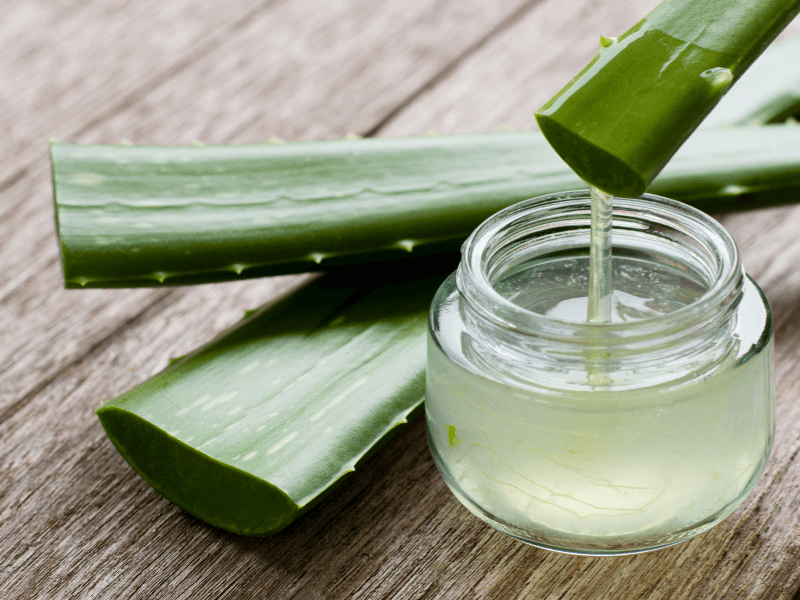
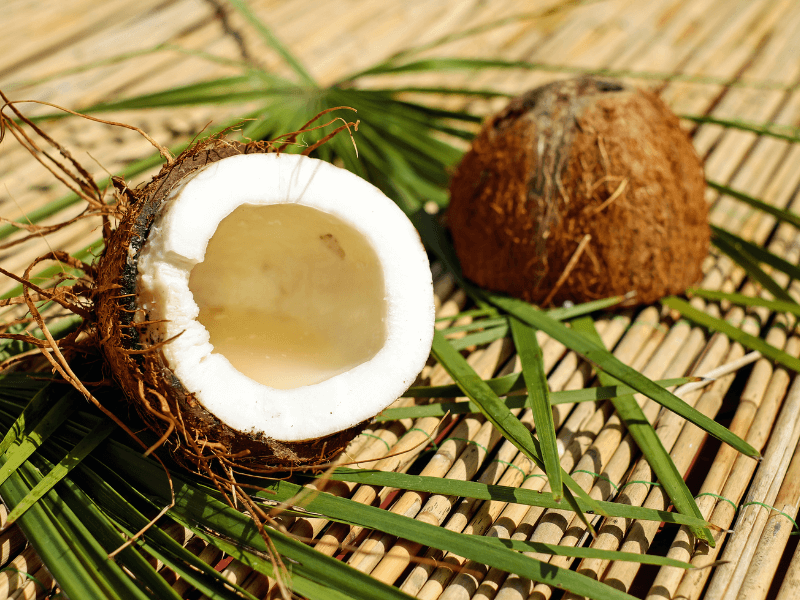

Natural Ingredients for Psoriasis Treatment:
Pure Aloe Vera: Aloe vera has anti-inflammatory and moisturizing properties, making it an ideal carrier for vitamin serums. It helps reduce redness and irritation while soothing and hydrating the skin. Its light texture allows for quick absorption, providing long-lasting hydration.
Coconut Oil: Coconut oil has moisturizing and anti-inflammatory properties. It can help reduce the dryness and itching associated with psoriasis. Its soothing, detoxifying, sebum-regulating, and antifungal effects also aid in addressing oily skin and hair issues.
Evening Primrose Oil: Evening primrose oil is rich in gamma-linolenic acid, which has anti-inflammatory effects. It can help improve skin hydration and reduce inflammation.
Jojoba Oil: Jojoba oil is an excellent moisturizer, as it has water-binding properties. It is antibacterial and antifungal, and it naturally contains vitamin E. It can be used on oily skin as it does not clog pores but rather helps to cleanse them.
Chamomile: Chamomile has anti-inflammatory and soothing properties, helping to relieve skin irritation and inflammation. It effectively cares for damaged and irritated skin, promotes faster wound healing, and has antibacterial effects. It is a natural moisturizer for dry and sensitive skin.
Macadamia Oil: Macadamia oil contains valuable fatty acids and is rich in vitamins A and E. It intensively nourishes and protects, making the skin and hair radiant. Its deep moisturizing effect softens the skin and has anti-inflammatory properties.
Try our 100% natural skincare products!
Traditional cosmetics often contain chemicals that can irritate the skin, trigger allergic reactions, or cause skin problems. If we replace our skincare products with those containing natural ingredients, our skin will thank us in the long run.
For psoriasis-prone skin, it is especially important to use natural cosmetics, as the disease makes the skin sensitive, and using unsuitable skincare products can exacerbate symptoms. The use of natural cosmetics is also beneficial for the environment, as they are less harmful to the environment and contain environmentally friendly substances.
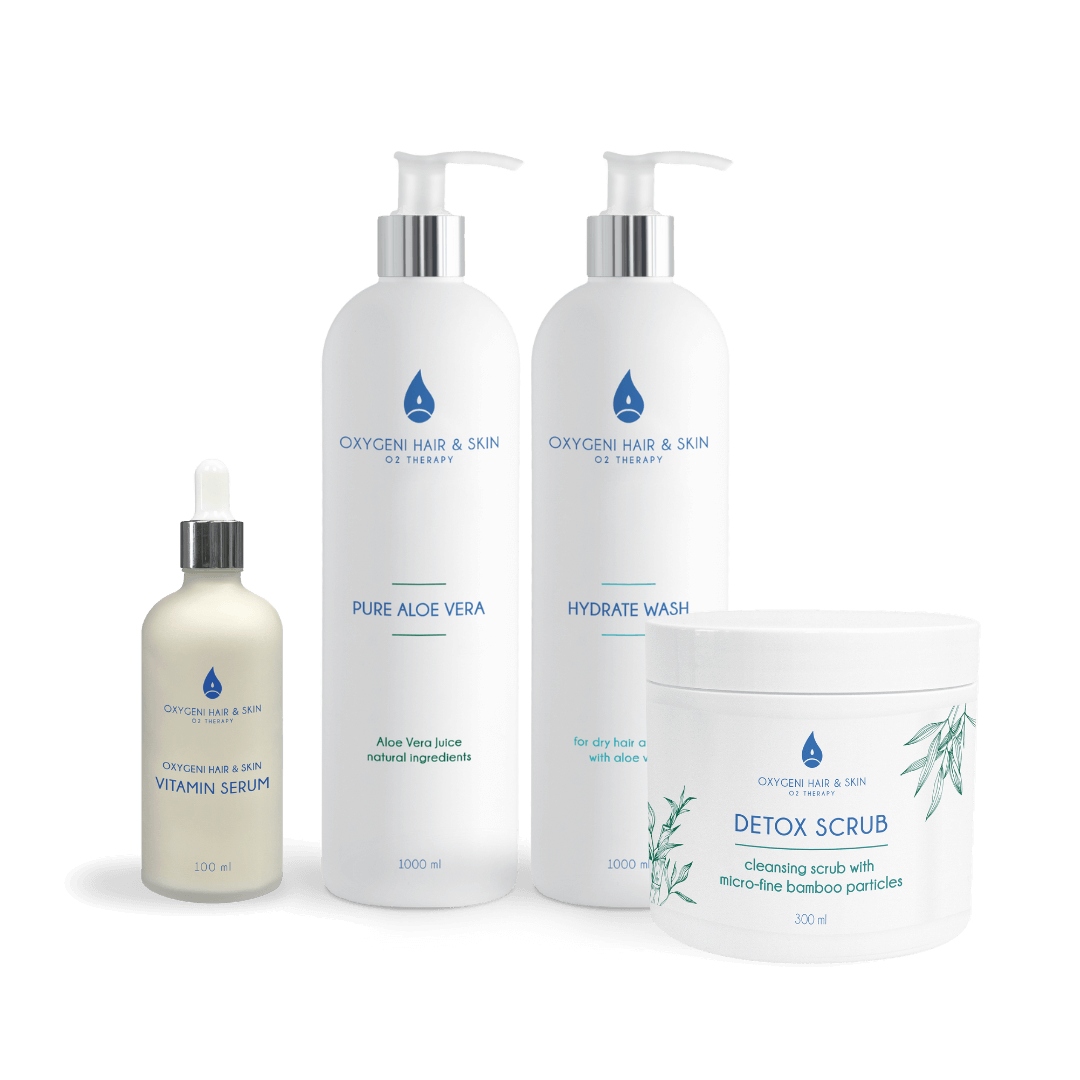
Recommended Products for Psoriasis Treatment:
Hydrate Wash can be an ideal solution for treating inflammation, scalp, and skin problems caused by dryness, such as psoriasis. It thoroughly cleanses the skin and scalp, soothes irritation, removes deposits, and deeply hydrates the cells.
Beneficial properties of Panthenol: Promotes cell renewal, reduces tissue inflammation, and relieves itching.
Beneficial properties of Aloe Vera: Reduces inflammation, soothes redness, effectively treats irritated and inflamed surfaces, regenerates cells, stimulates wound healing.
Beneficial properties of Coconut Glucoside: Provides deep hydration, helps maintain the scalp’s natural moisture, cleanses the scalp and skin from impurities.
For psoriasis, we confidently recommend our Pure Aloe Vera product, which hydrates overactive skin cells without promoting peeling.
The product is made by cold pressing the aloe vera plant, which is an excellent carrier, allowing active ingredients to be deeply absorbed when mixed with oils and serums, as it breaks down the larger molecules of the oils into smaller ones, allowing valuable nutrients to reach the deepest layers of the skin.
Beneficial properties of Aloe Vera: Reduces inflammation, soothes redness, effectively treats irritated and inflamed surfaces, regenerates cells, and stimulates wound healing.
For psoriasis care: Mix 3-5 drops of oil with 10 ml of Pure Aloe Vera and 1 pipette of Vitamin Serum! Apply the mixed products to the affected area with a spray bottle!
Vitamin Serum contains the vitamins and minerals that hair and skin need most. It helps to regenerate the skin’s immunity, contributes to maintaining the skin’s protective layer, promotes cell formation, and protects the skin from the harmful effects of free radicals and UV rays.
Recommended for psoriasis treatment: Mix 1 pipette of Vitamin Serum with 3-5 drops of Med Oil or Hydrate Oil and 10 ml of Pure Aloe Vera in a spray bottle, and apply to the scalp! No need to rinse.
Detox Scrub is a completely natural and chemical-free deep cleansing peeling that cleanses the skin of harmful toxins and impurities. A uniquely multifunctional scrub that can be used not only on the scalp, but also on the face and the whole body, as it is 100% chemical-free making the skin soft and clean. Regular use helps skin cells renew and reduces dandruff, scalp irritation and the formation of acne.

